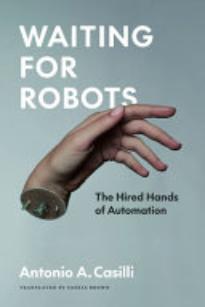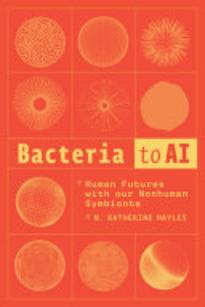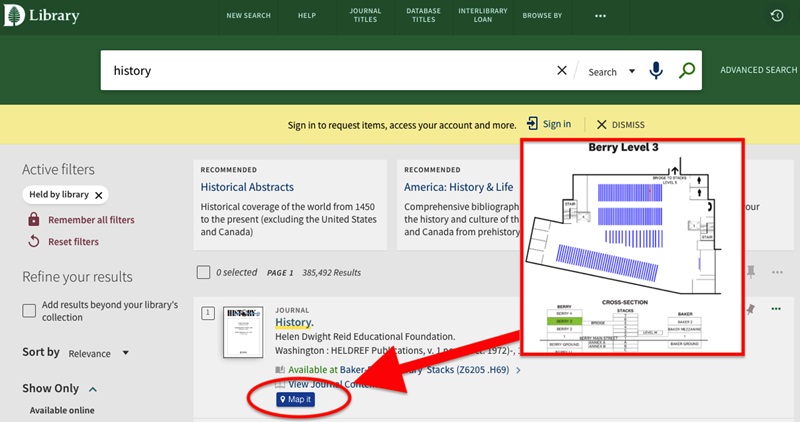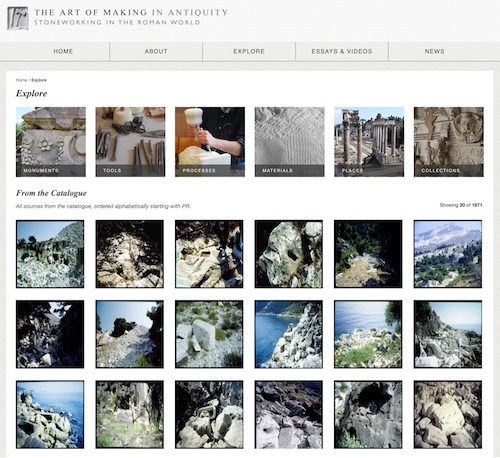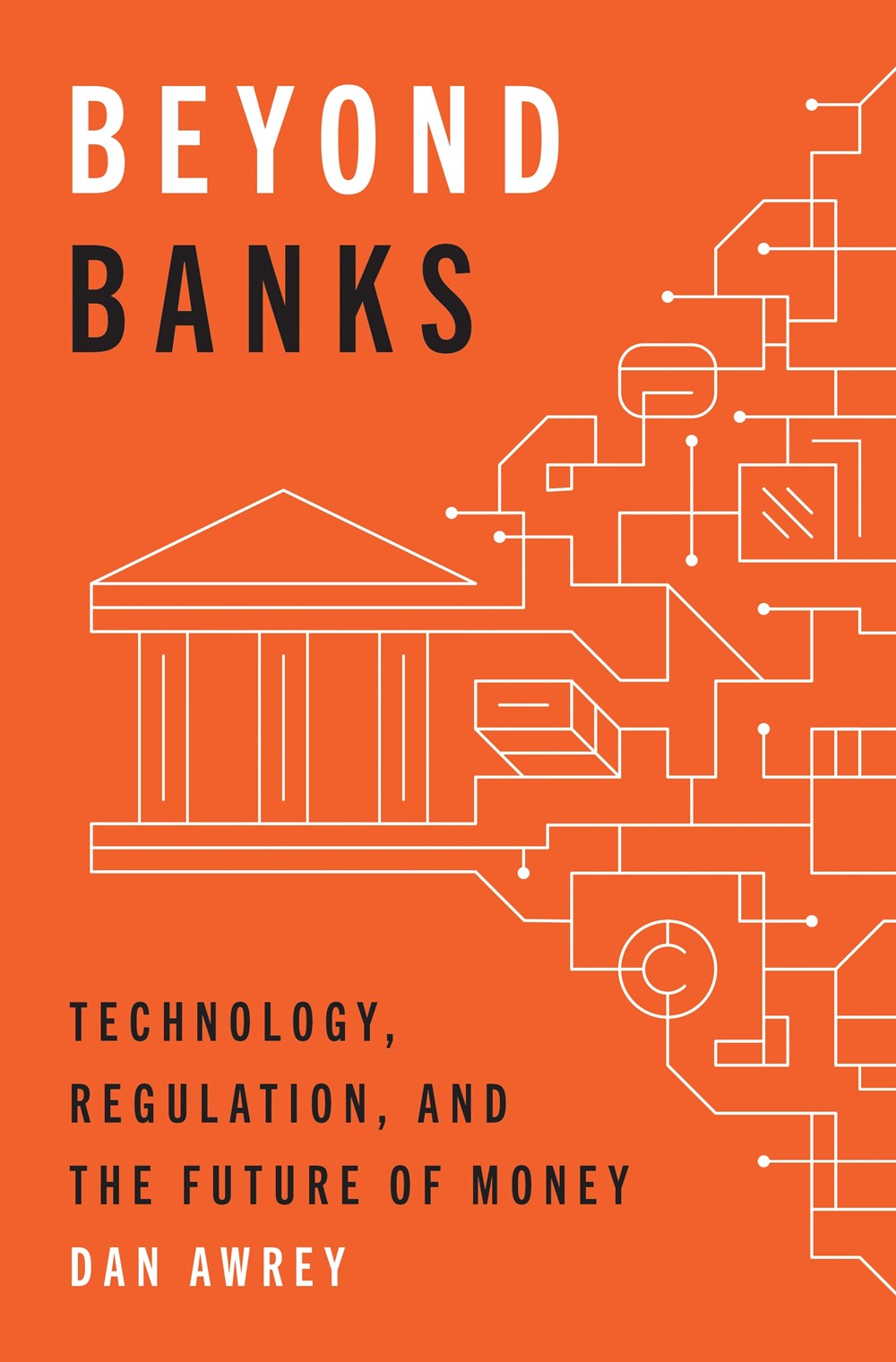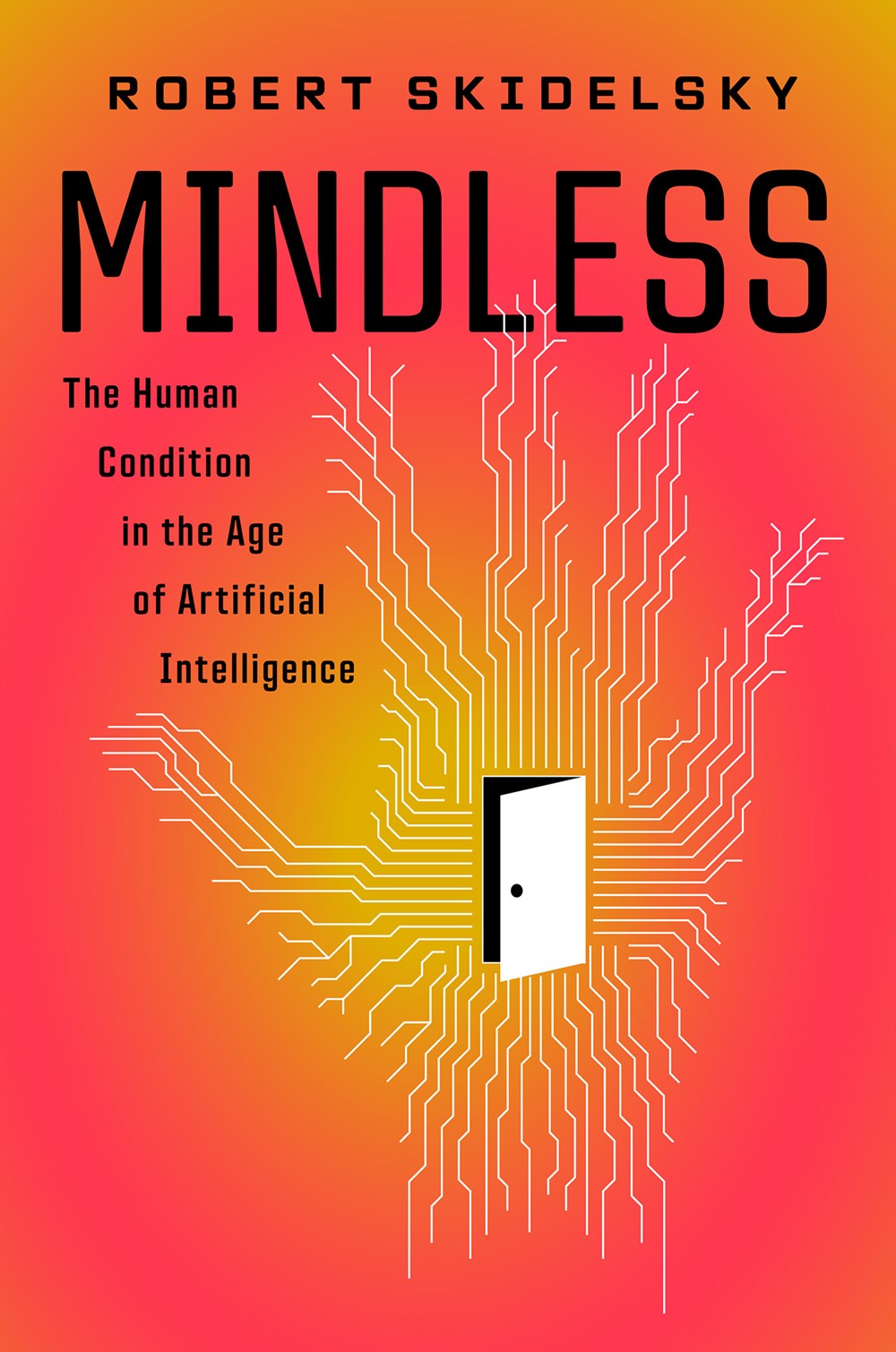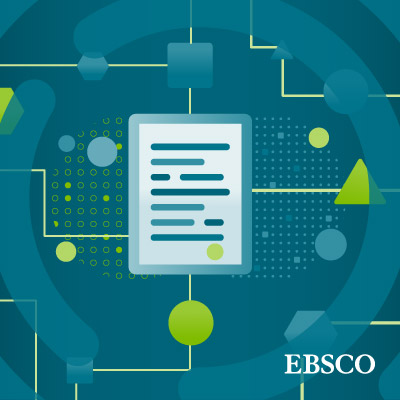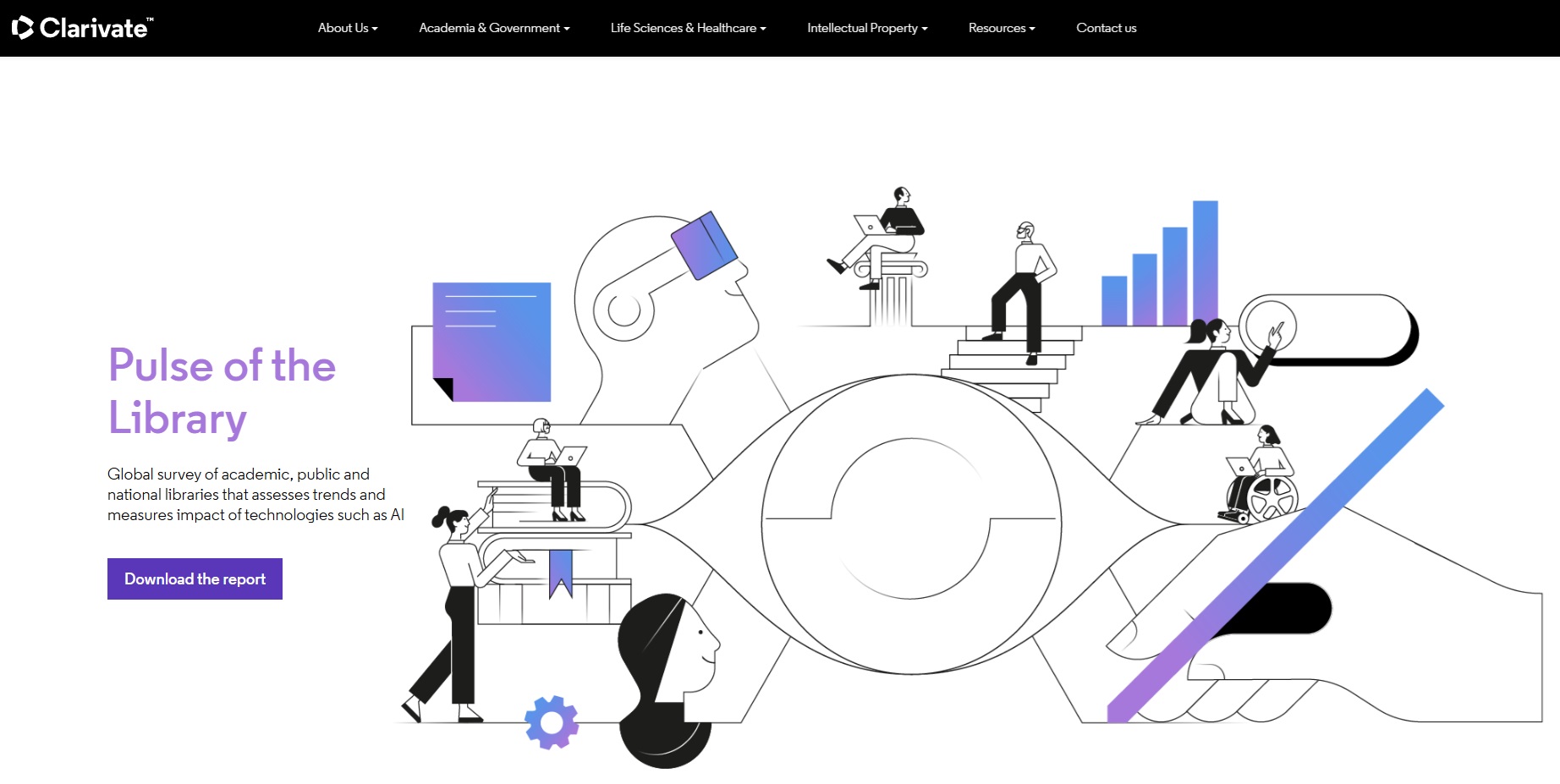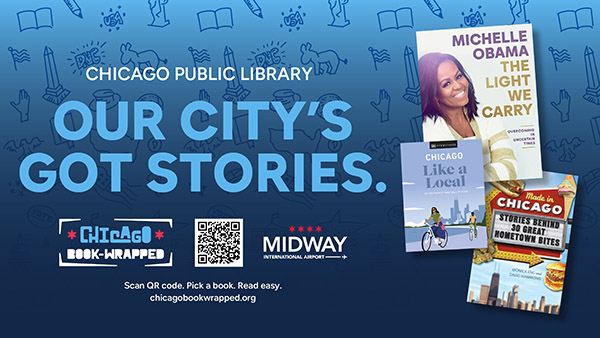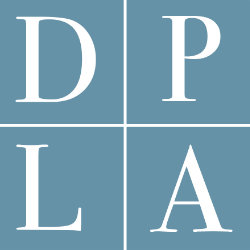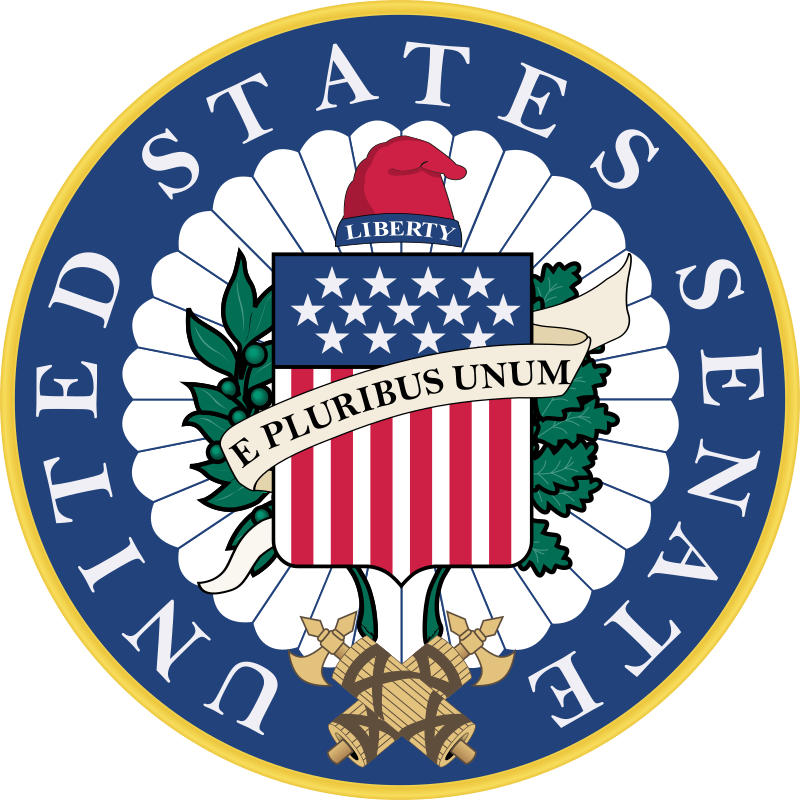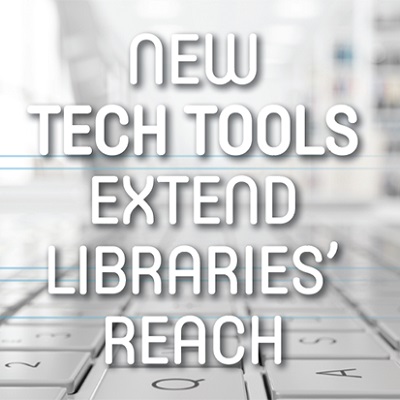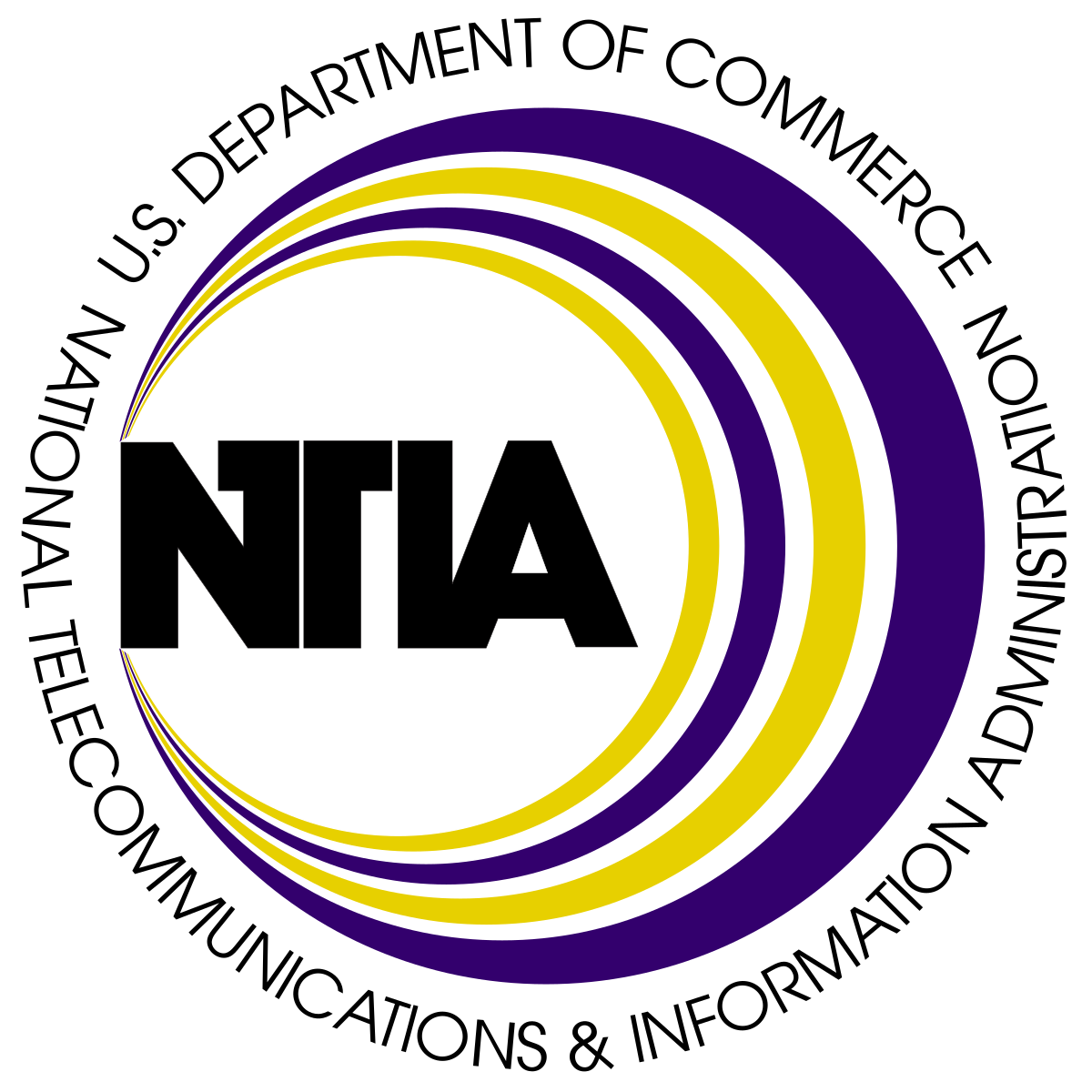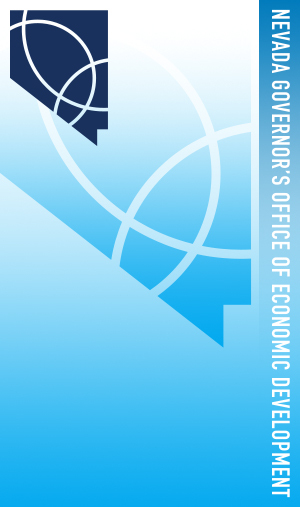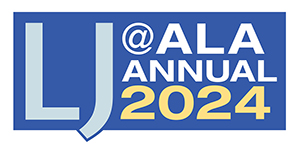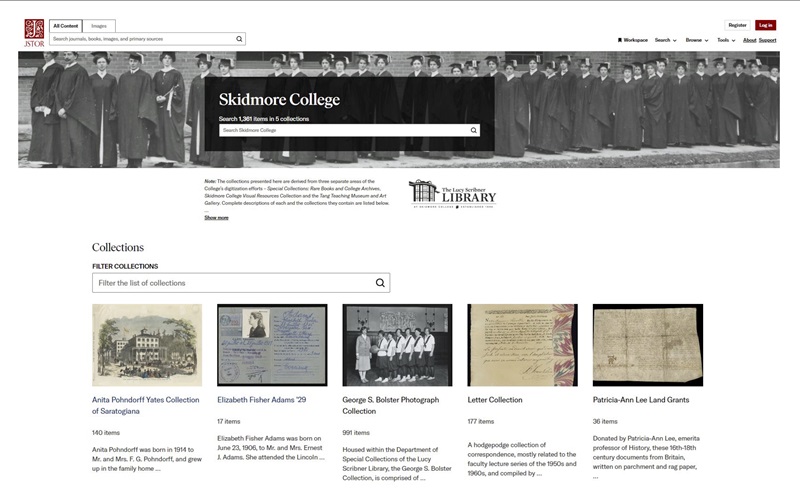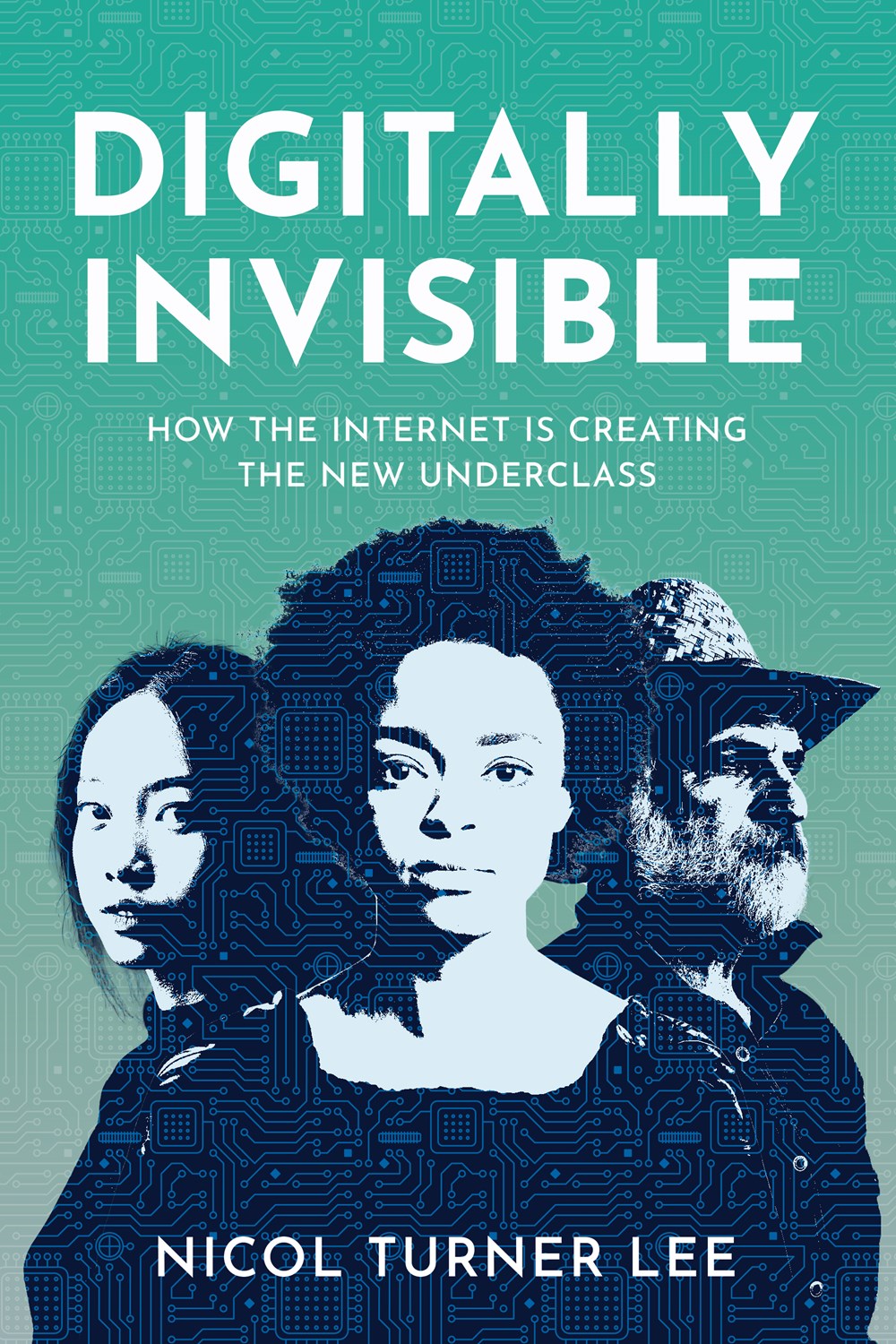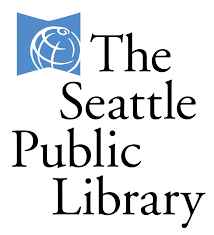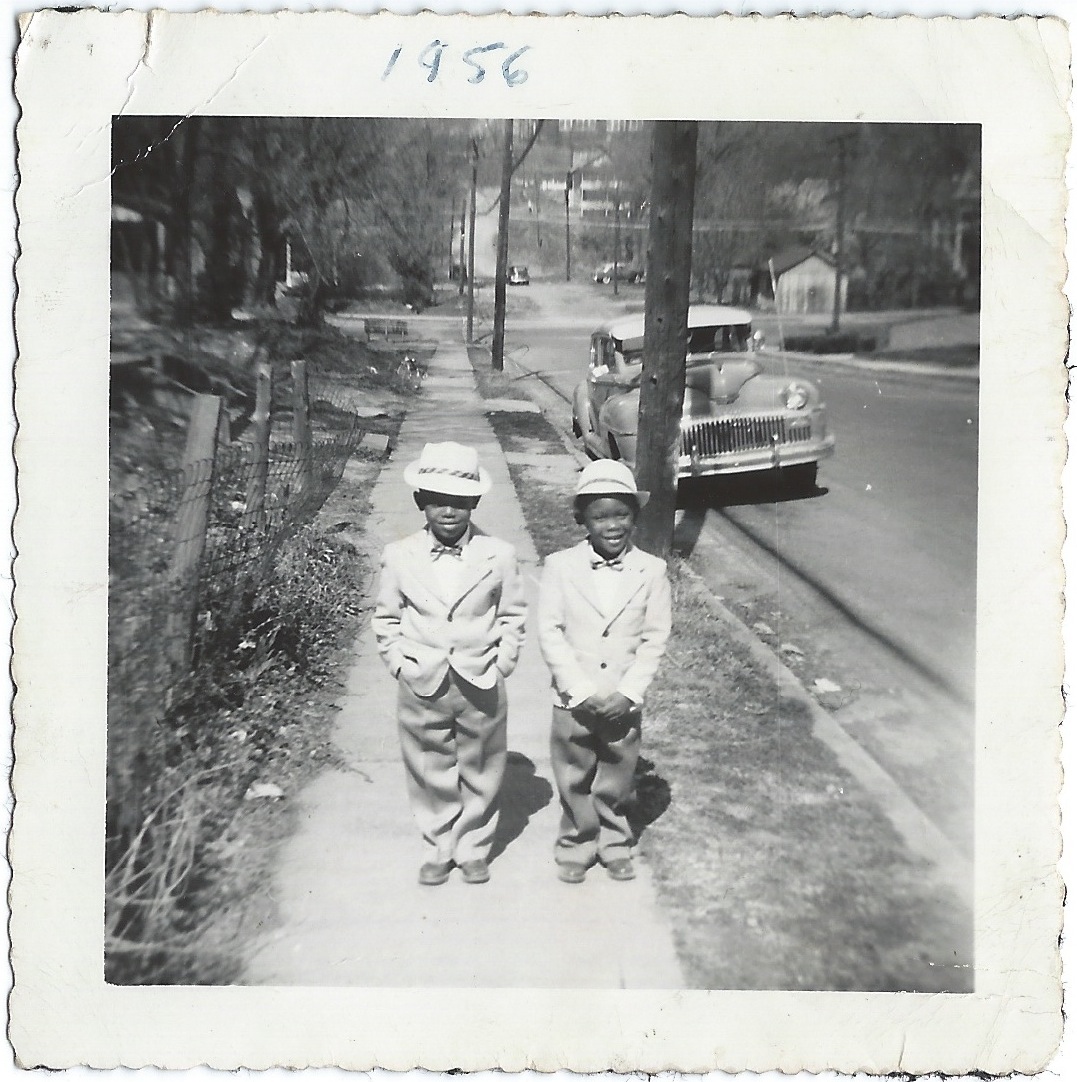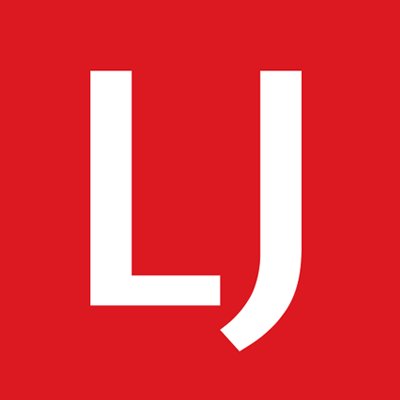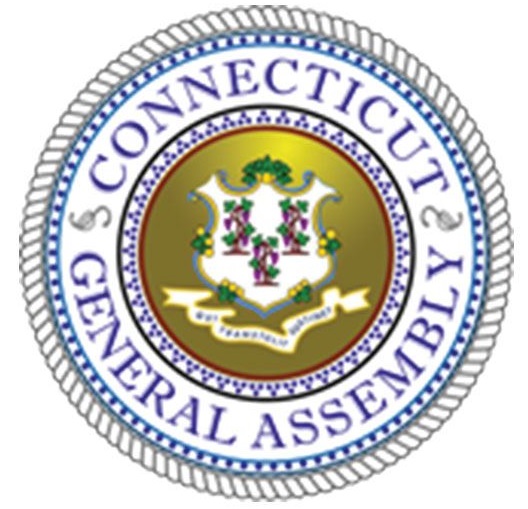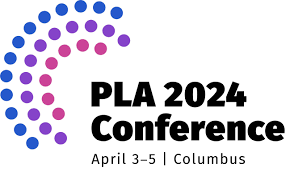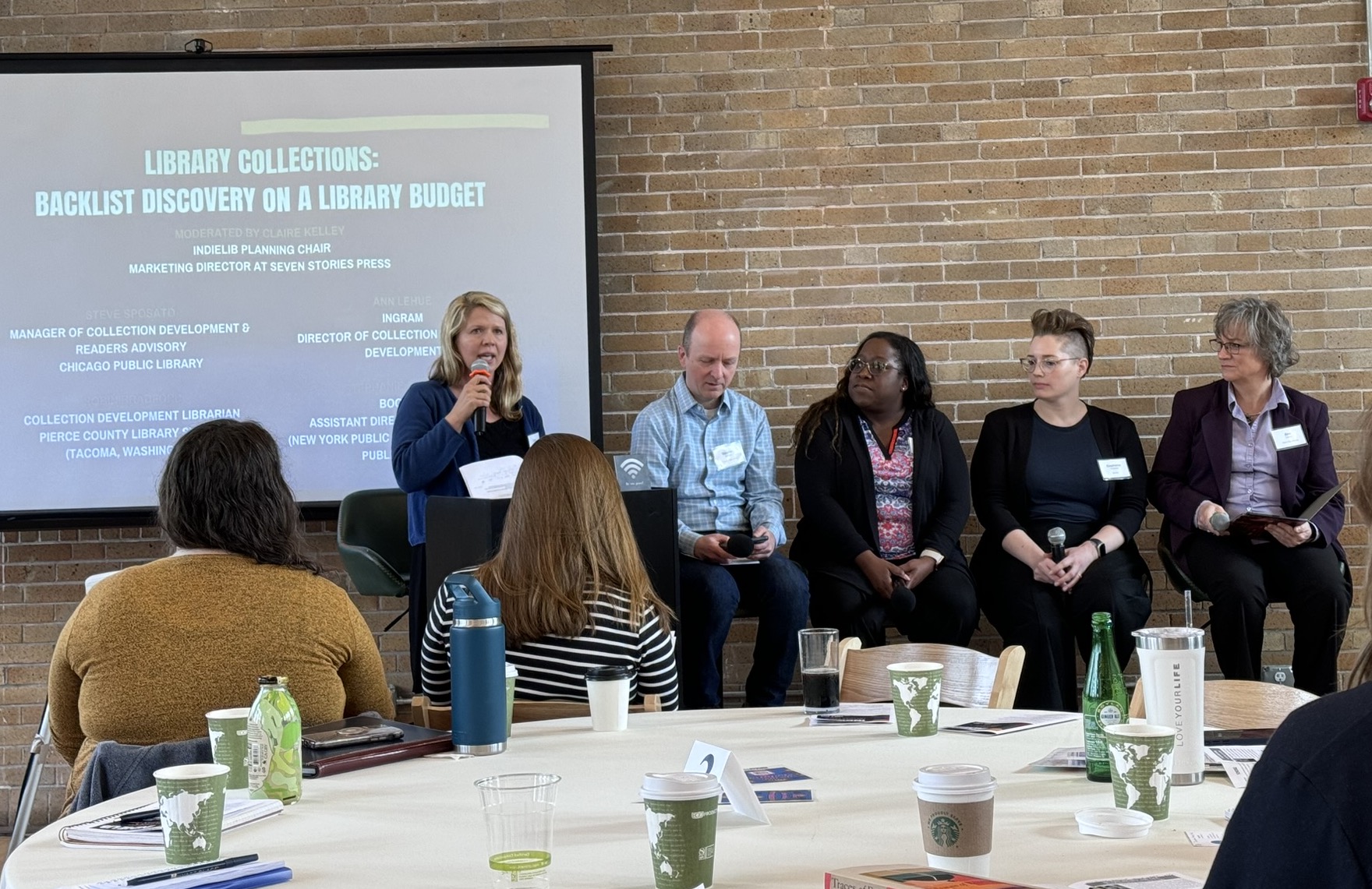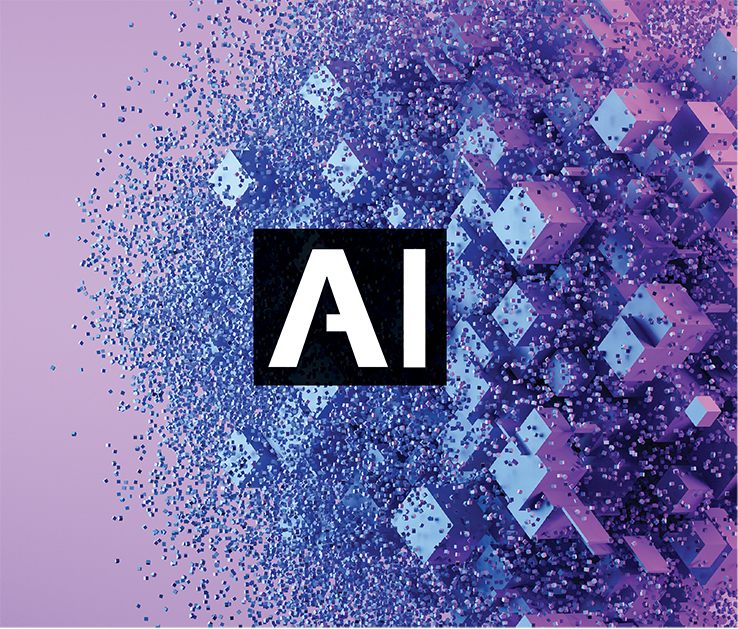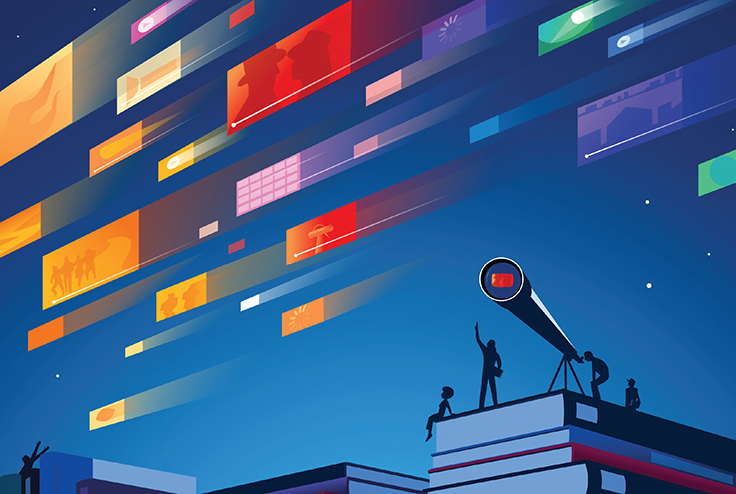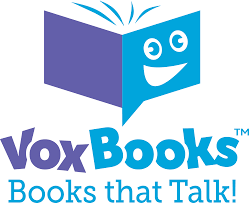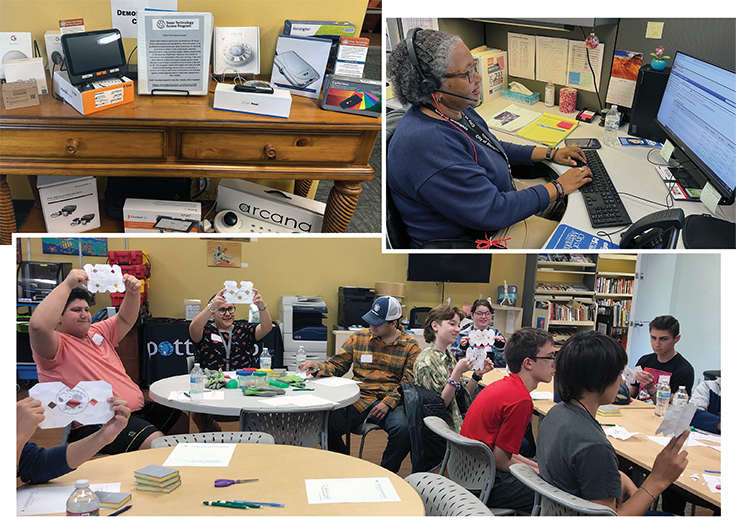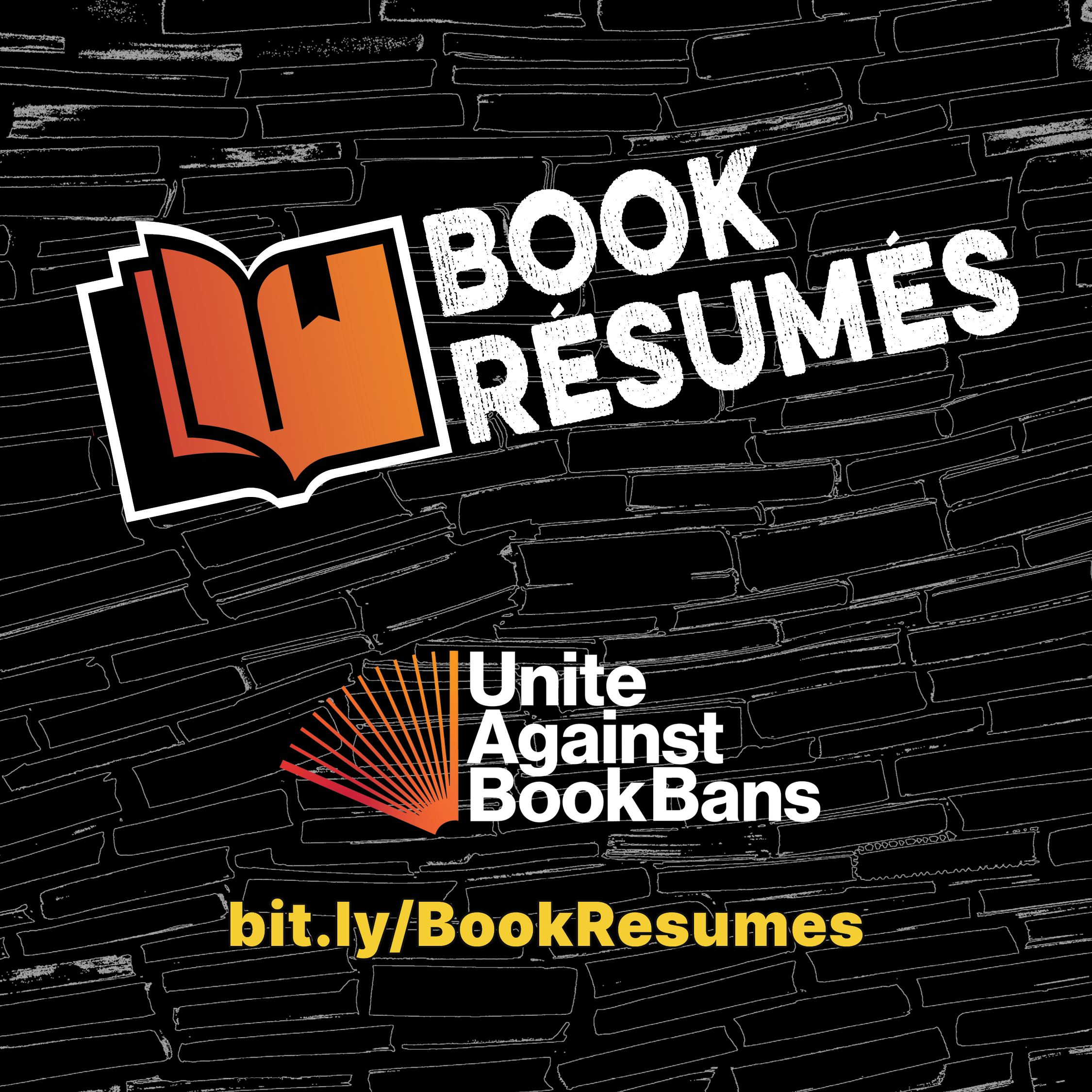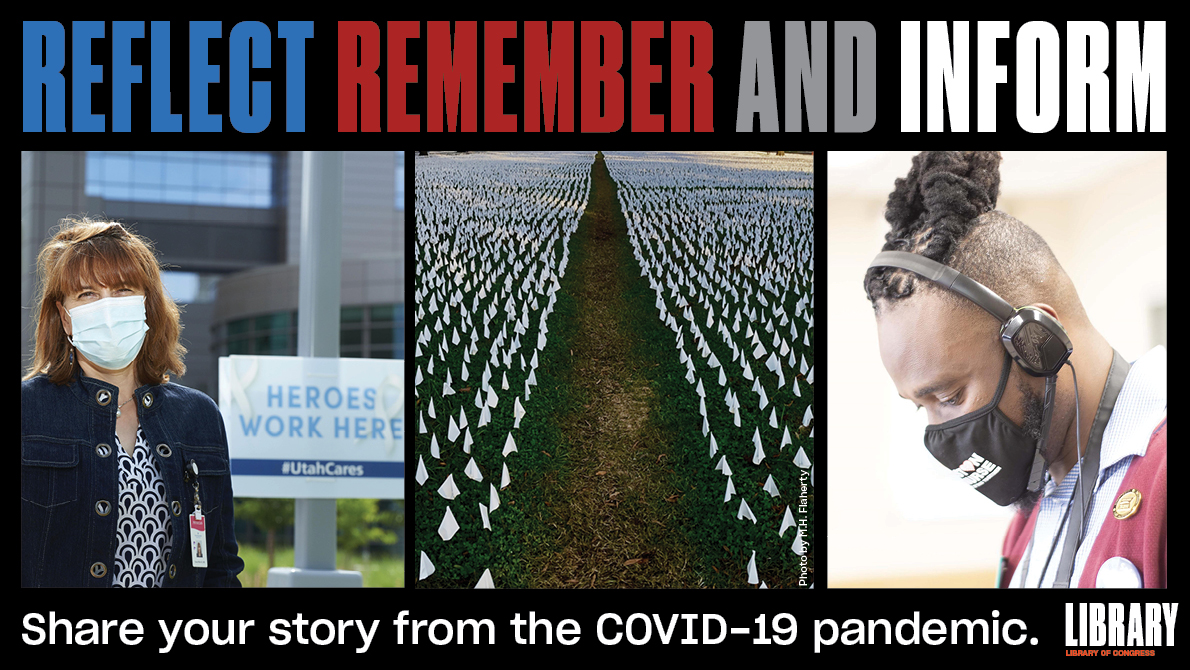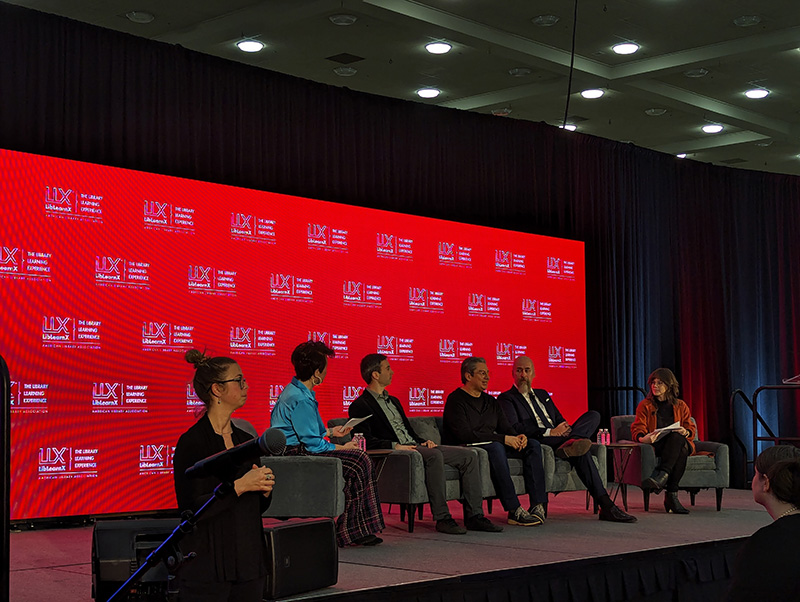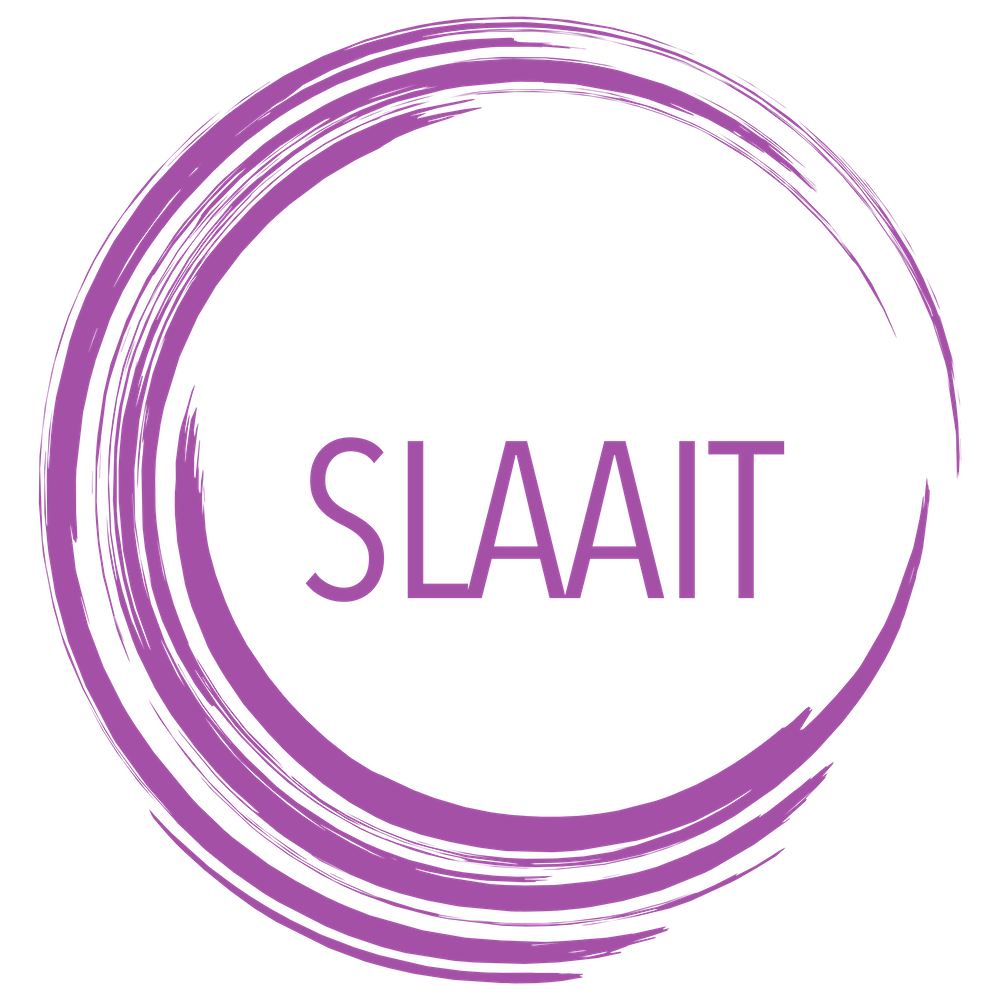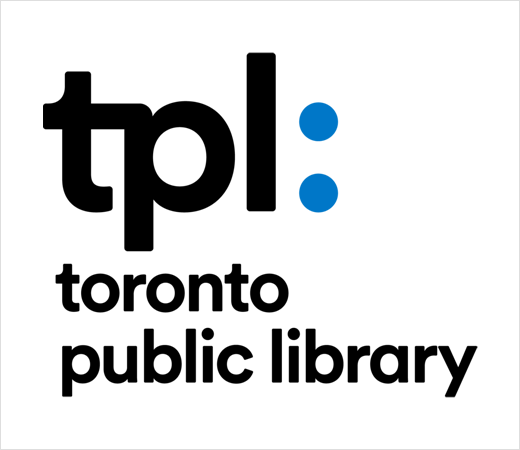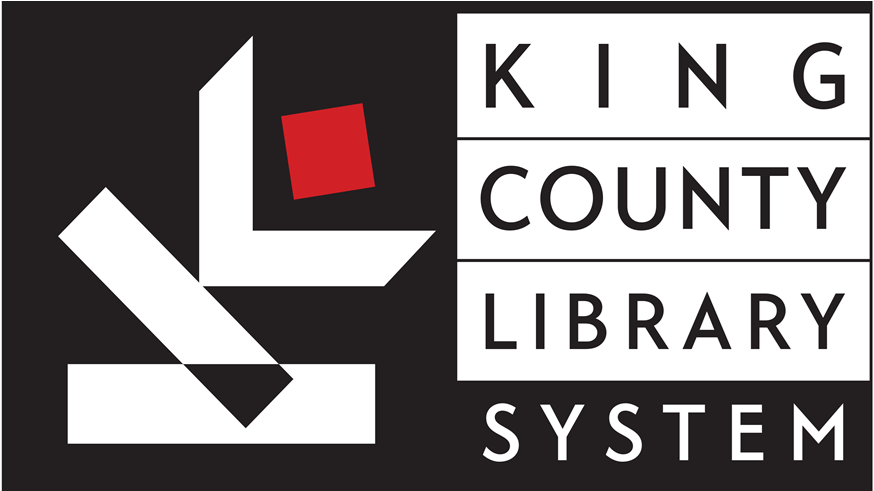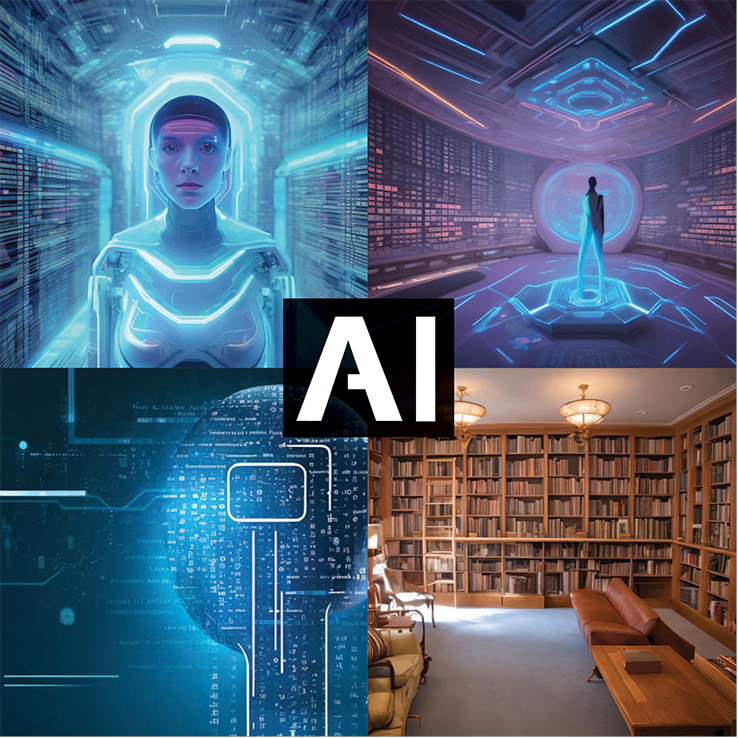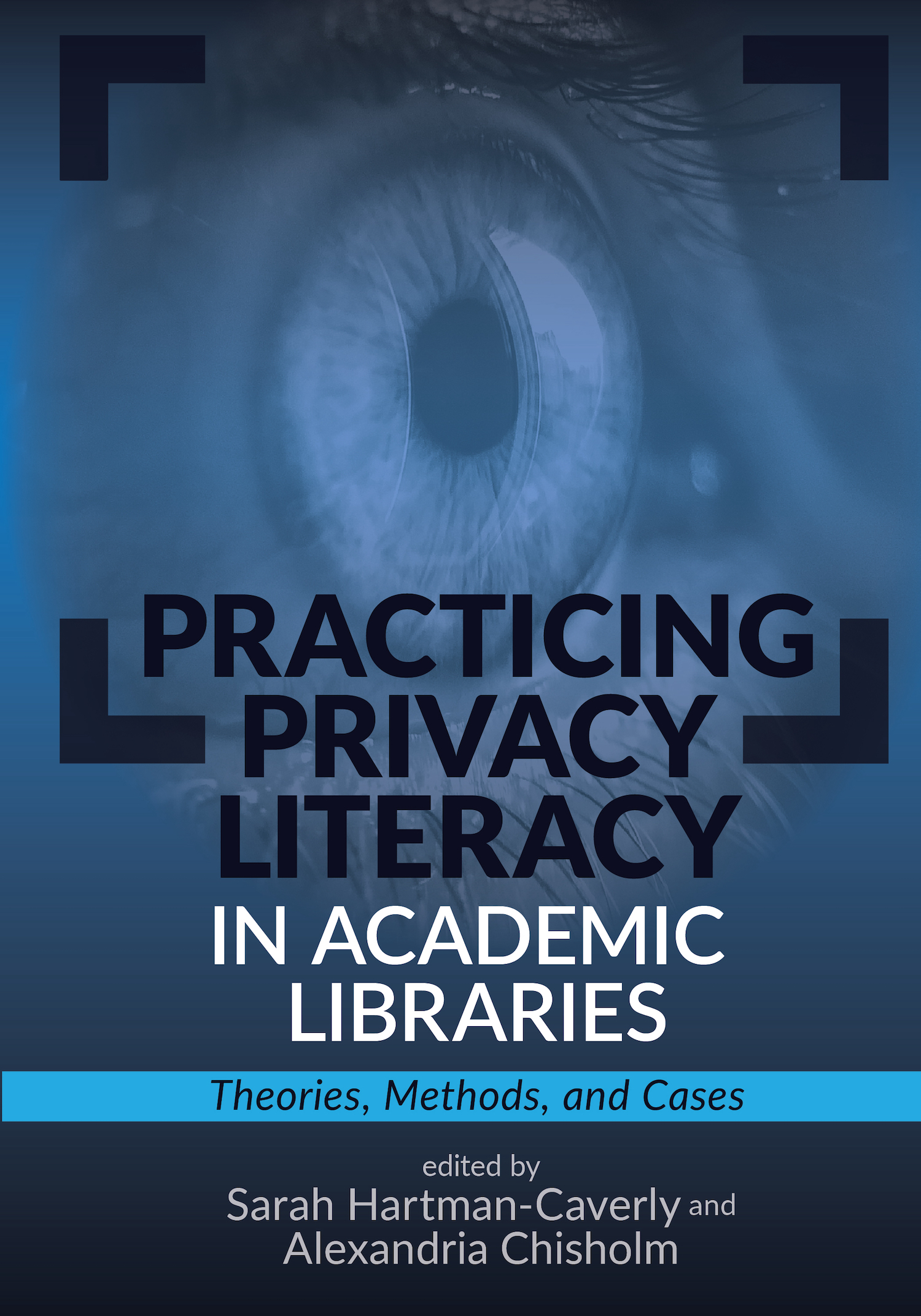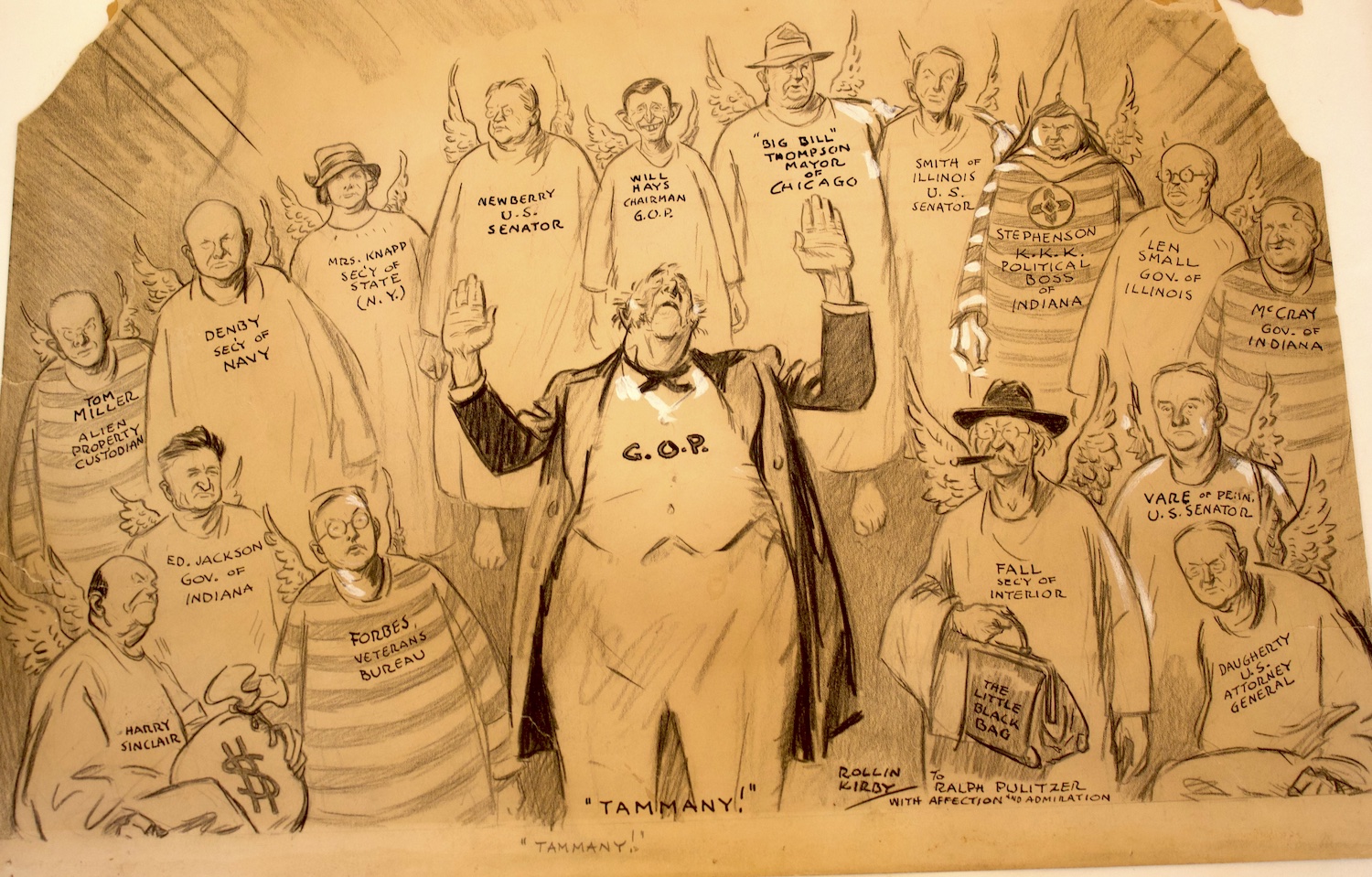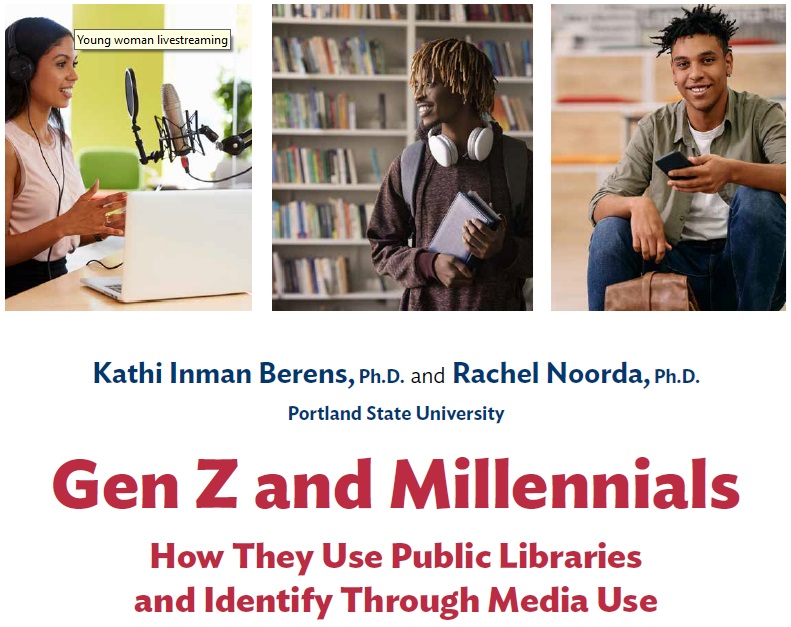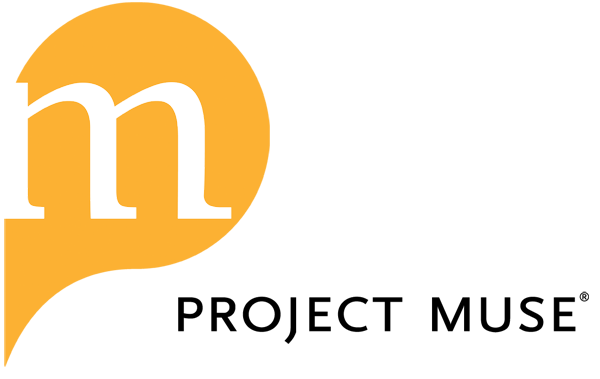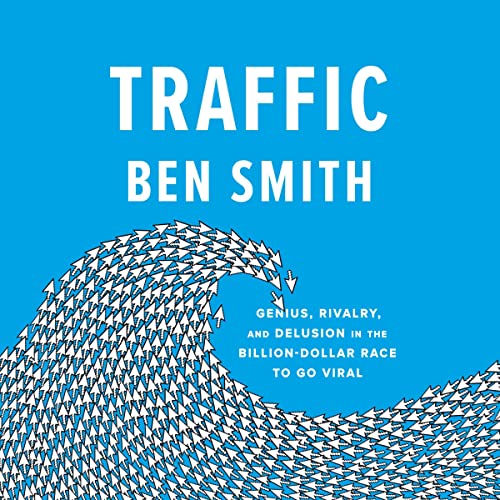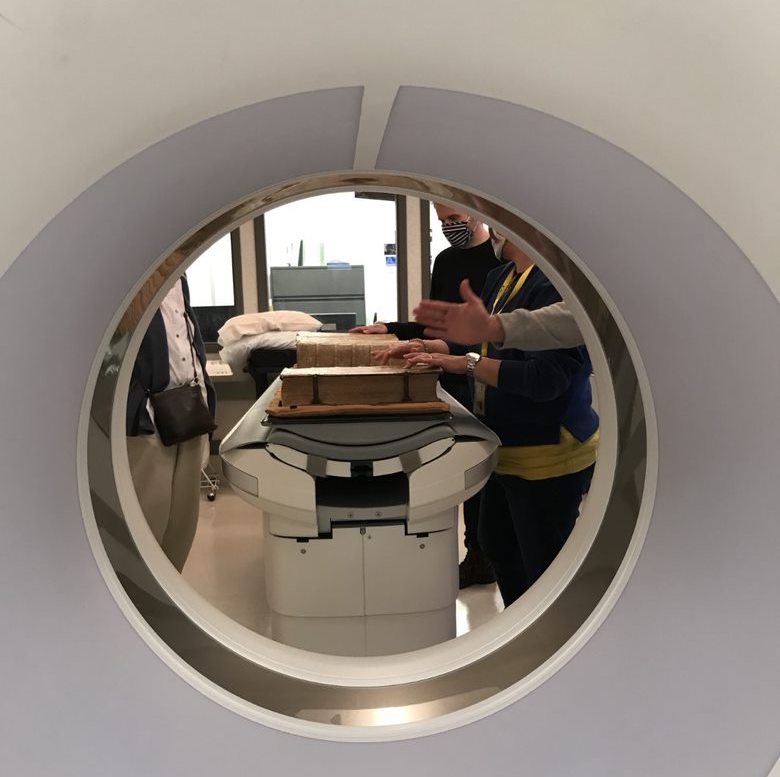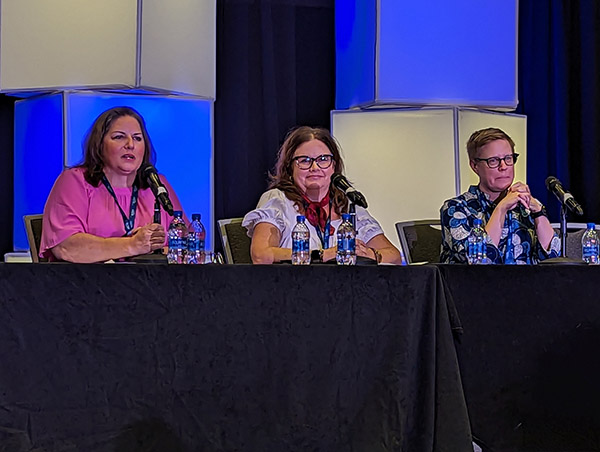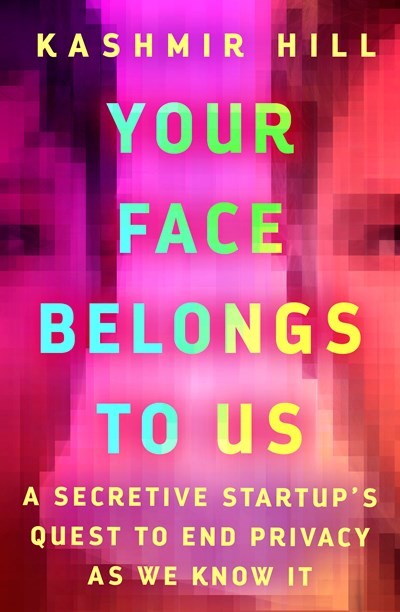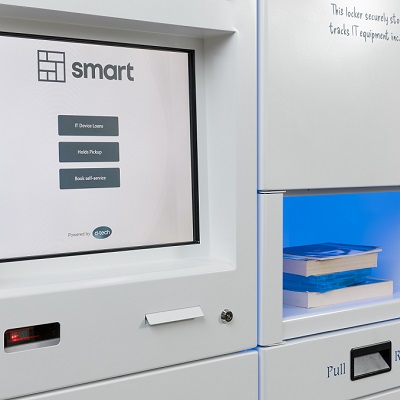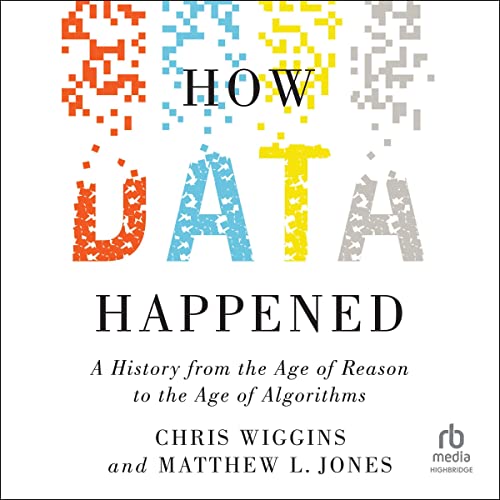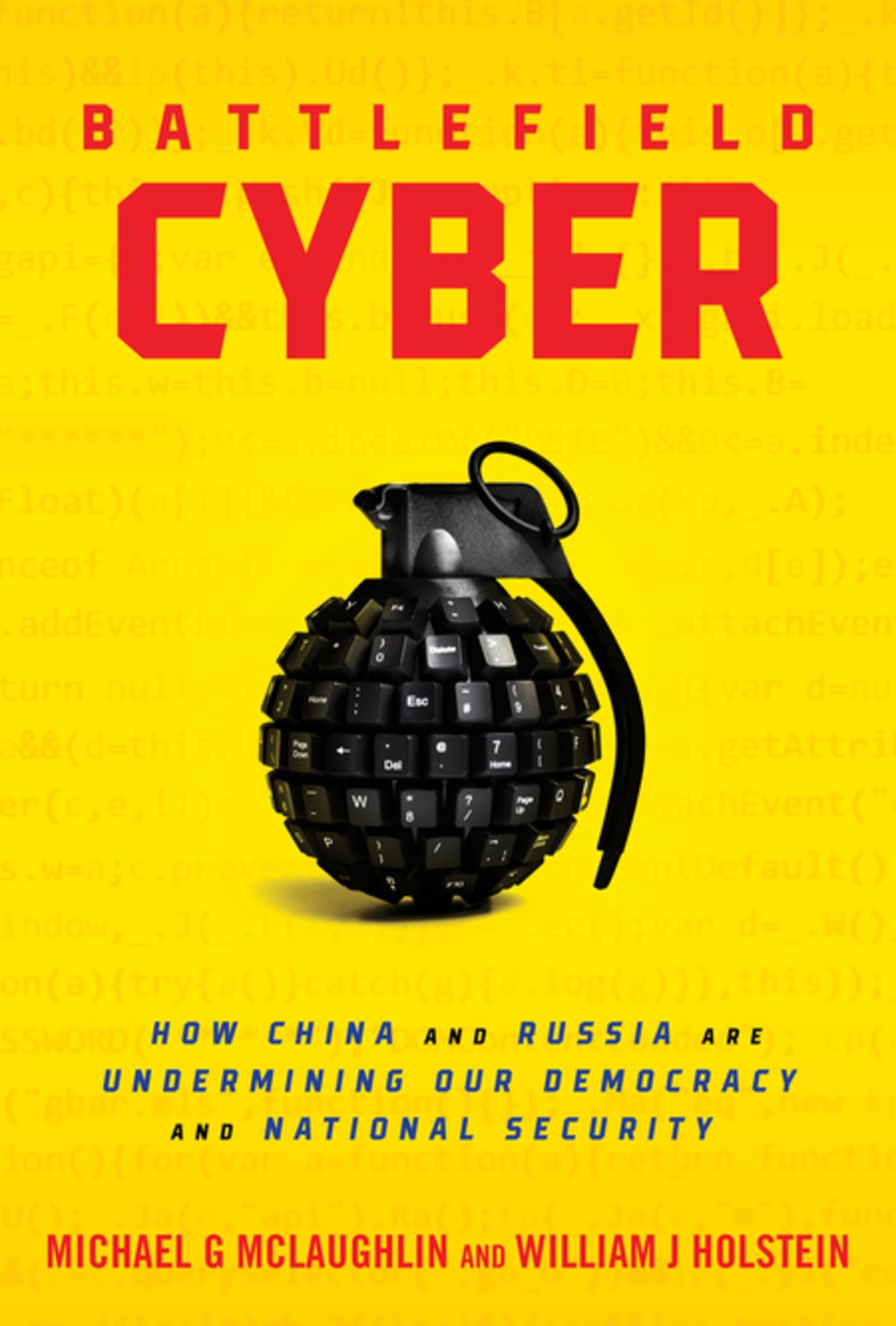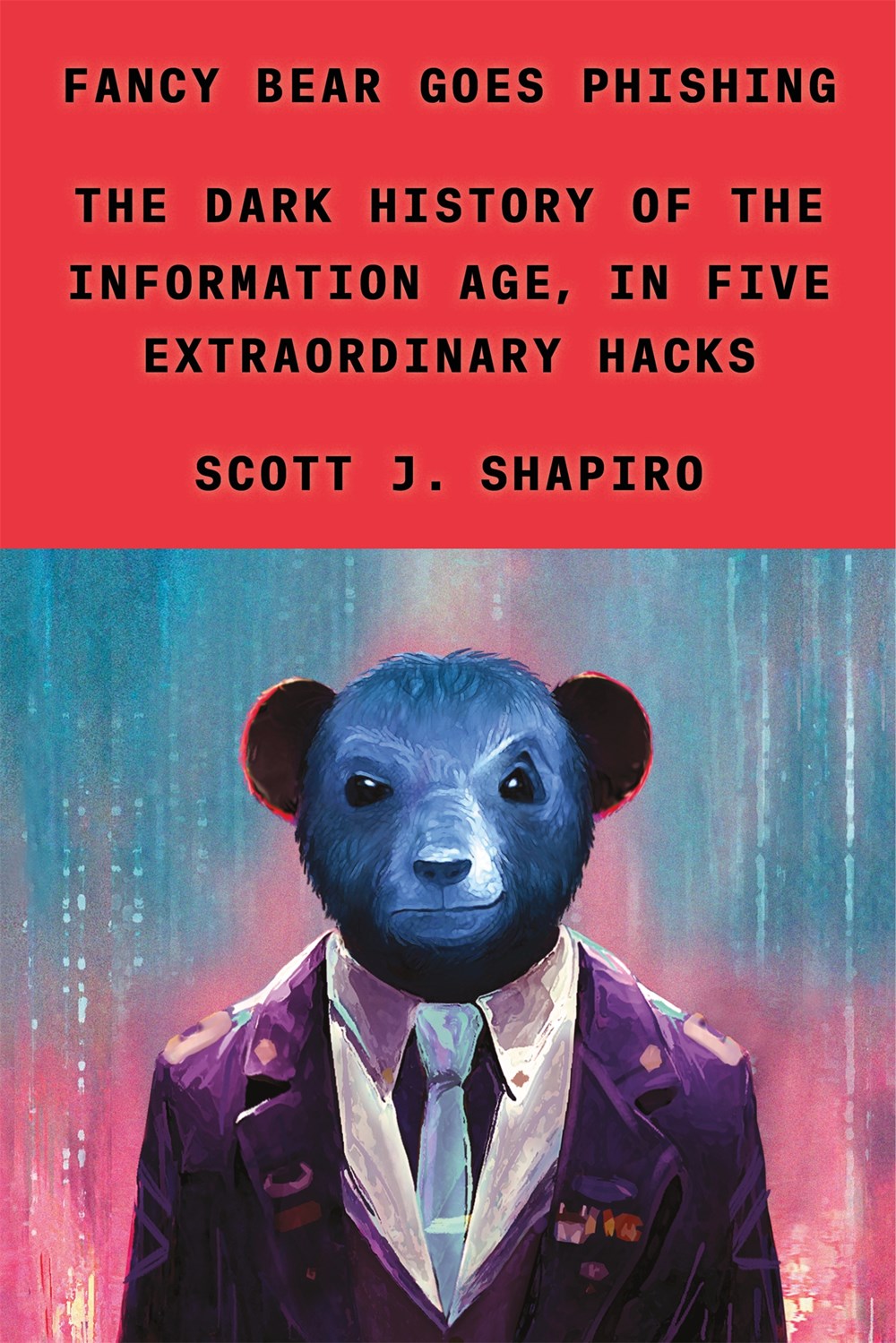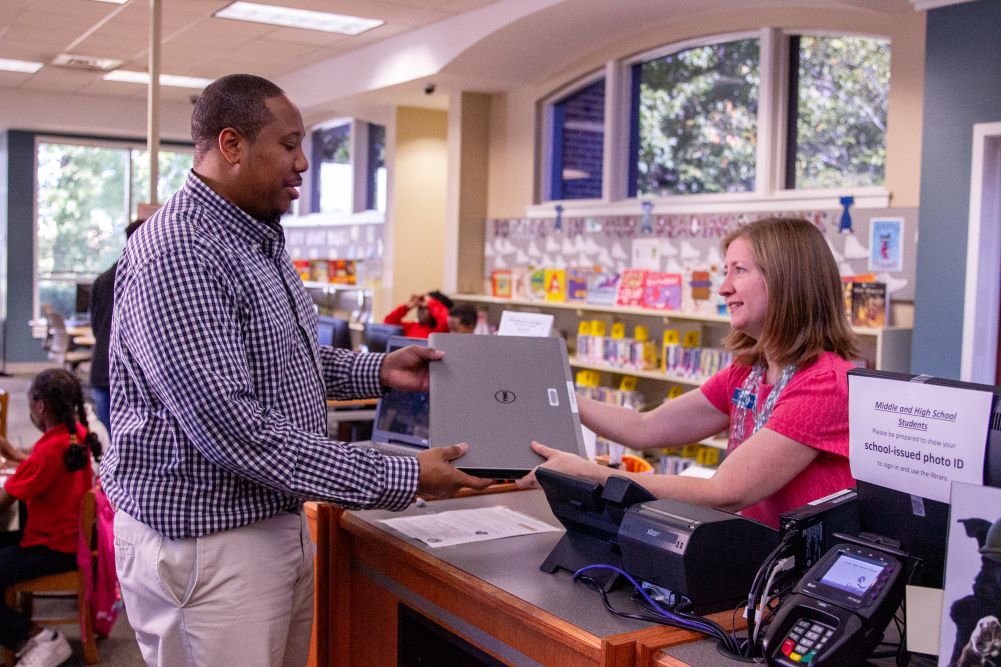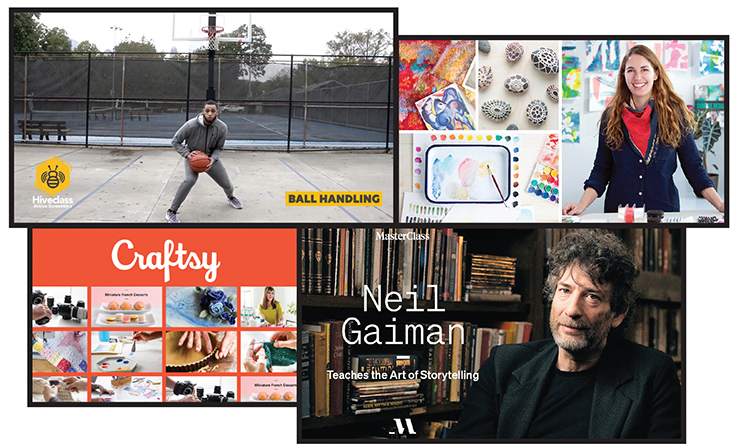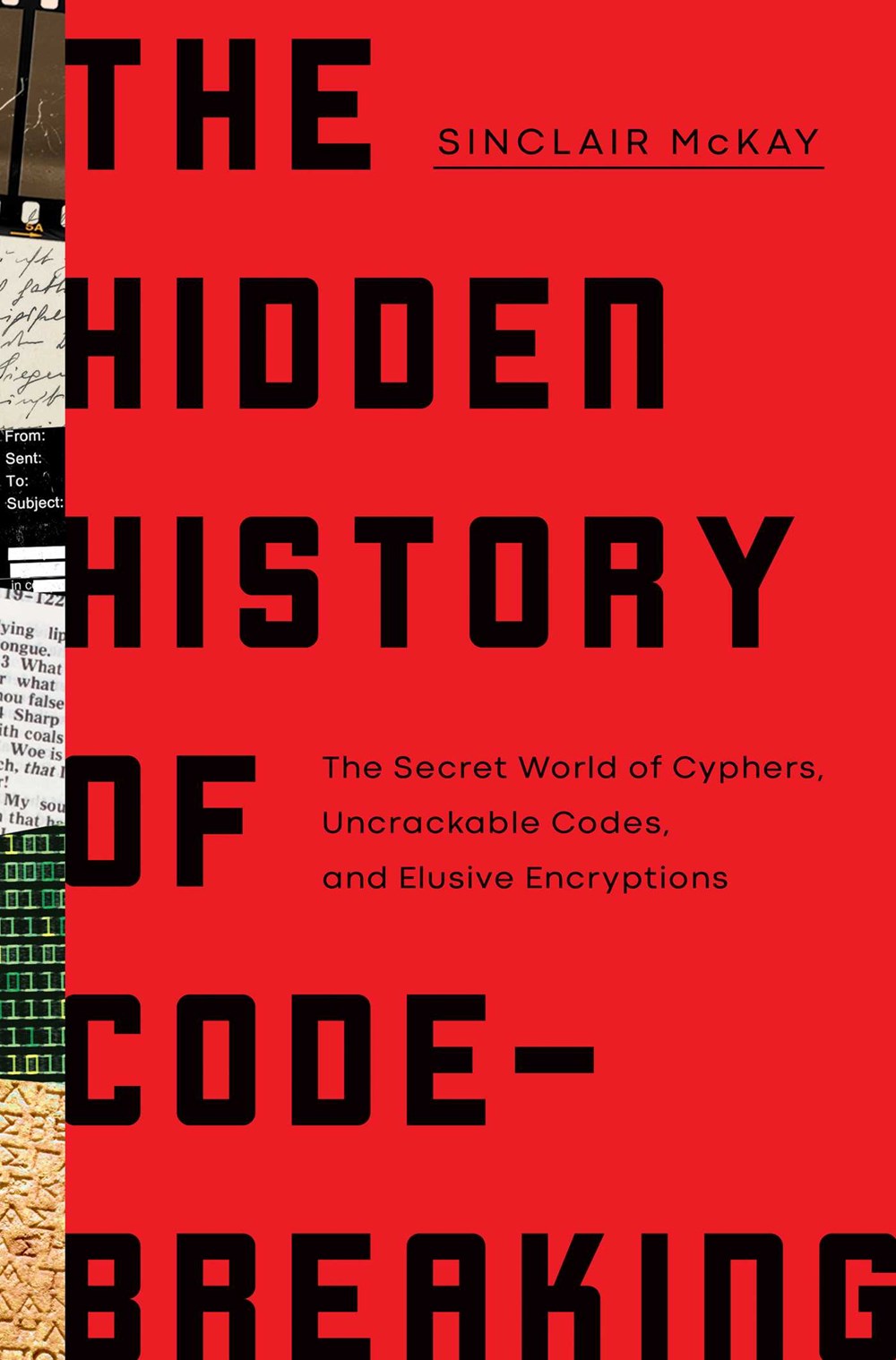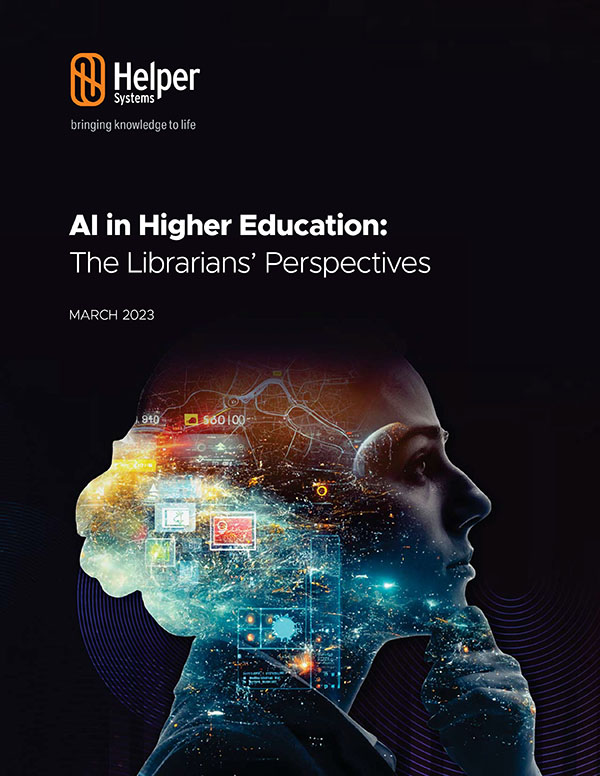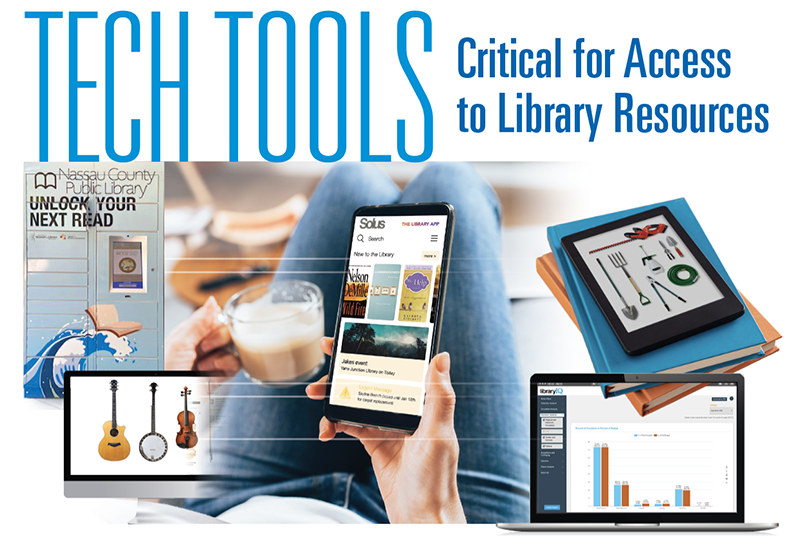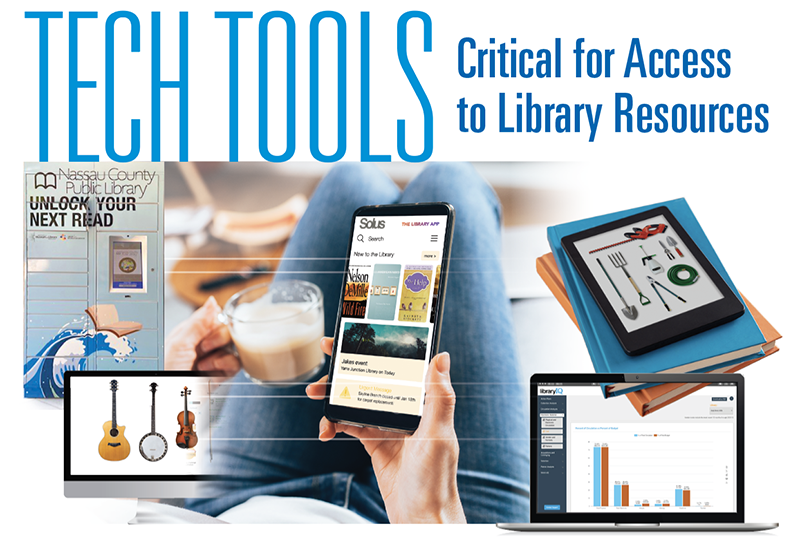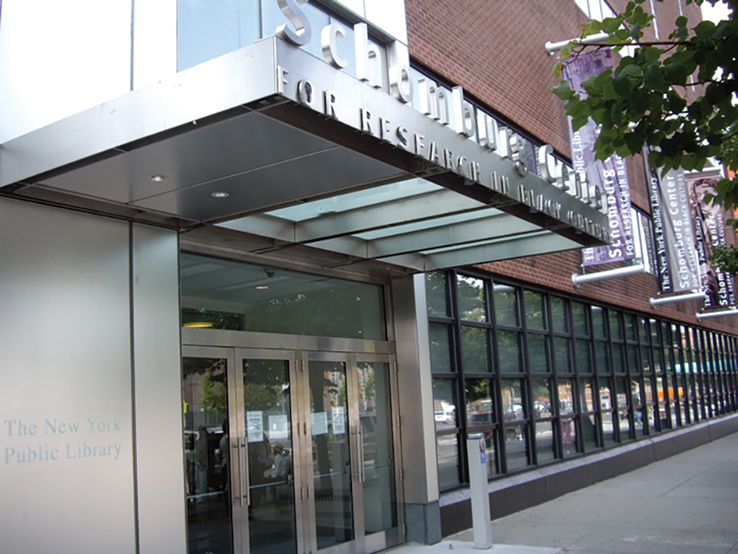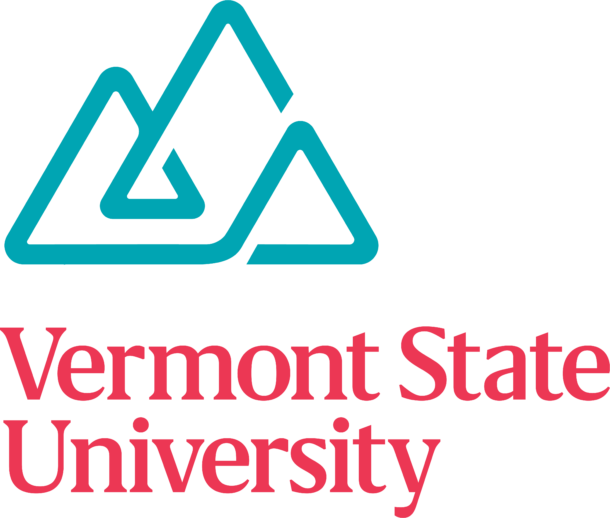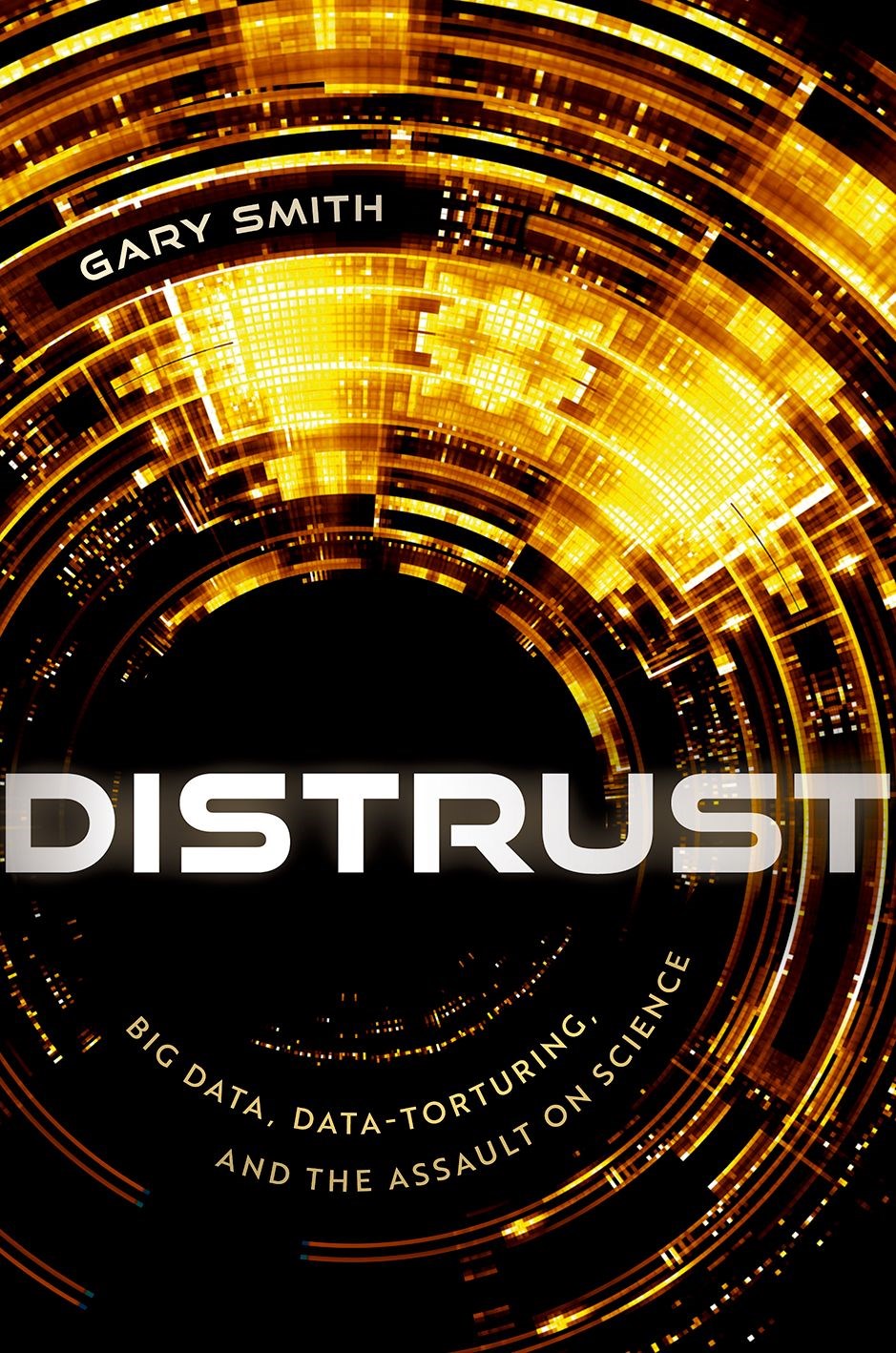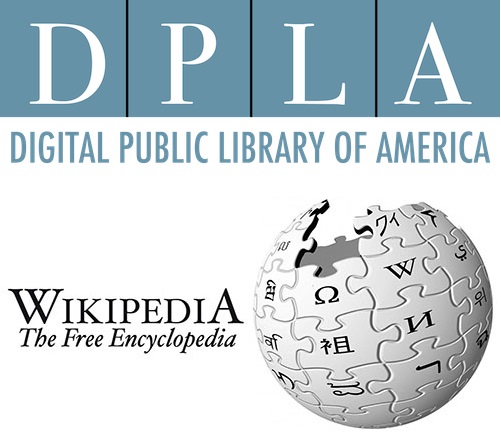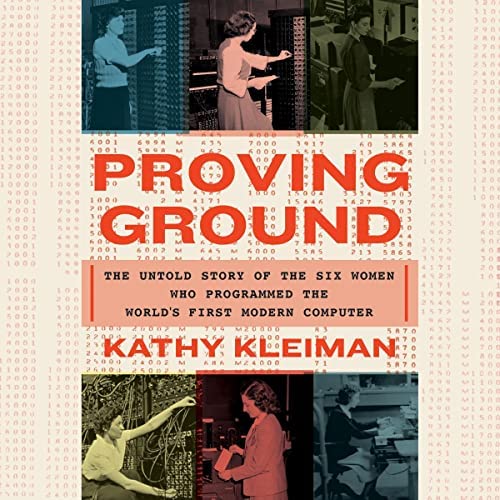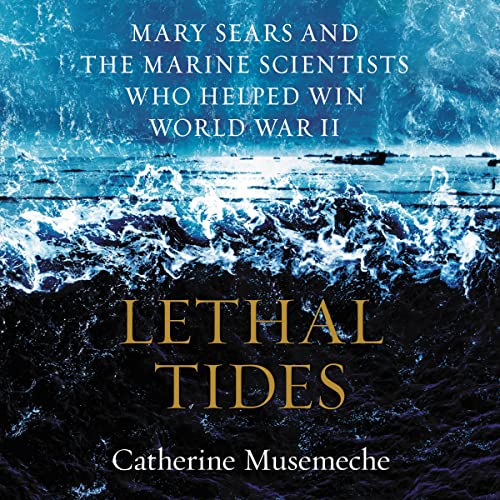Related
Navigating a library can be overwhelming, especially in large or multi-level buildings where finding a specific item, space, or amenity can feel like a treasure hunt. StackMap, a leader in library wayfinding and digital navigation solutions, is here to change that.
As artificial intelligence becomes more embedded in work, creative pursuits, and the generation of online misinformation, public libraries have a major new role to play in digital literacy.
As Lorcan Dempsey, formerly with OCLC, observed in portal: Libraries and the Academy (2008), “discovery happens elsewhere”—that is, people are using internet search engines, recommendations from social media, or emails from friends and colleagues to discover content. Search can be a powerful tool, provided you know what you are looking for. Yet there are significant problems associated with the search process.
Search, revise, and repeat. This is the habit in which users often find themselves when searching through mountains of content. To be faced with a repository of information and not find one’s desired knowledge is not a new dilemma, and now with AI, one never knows if what is retrieved is accurate or authentic.
Two and a half years after launch, Books Unbanned has continued to grow as a vital resource for people in schools and communities where book challenges otherwise put content out of reach.
Over 60 percent of libraries are currently evaluating or planning for artificial intelligence (AI) implementation, according to a global survey of more than 1,500 librarians by Clarivate, the parent company of ProQuest, Ex Libris, Web of Science, and more. According to Clarivate’s first “Pulse of the Library” report, which combines feedback from the global survey and qualitative interviews of librarians working at academic, public, and national libraries, “the potential rise of AI adoption in the coming year is high."
On September 4, the United States Second Circuit Court of Appeals affirmed a March 2023 ruling that the Internet Archive’s (IA) program of scanning print books and distributing digital copies on a one print-book, one-ebook, one-user basis for free is not protected by fair use doctrine. The ruling was the result of a lawsuit filed by Hachette Book Group, HarperCollins, John Wiley & Sons, and Penguin Random House in June 2020.
Chicago Mayor Brandon Johnson and the Chicago Public Library (CPL) on August 15 announced the launch of “Chicago Book-Wrapped,” a new popup initiative offering instant access to a curated collection of ebooks and e-audiobooks with no hold times or library card requirements during special events in Chicago. The initial collection was curated to celebrate the Democratic National Convention.
The Digital Public Library of America (DPLA) and the Independent Publishers Group (IPG) today announced a new model that will give libraries ownership rights to ebooks purchased from Austin Macauley, Arcadia Publishing, Dynamite Entertainment, Dover Publications, JMS Books, and dozens of other independent publishers.
Several major companies—including Clarivate, EBSCO, OCLC, and OverDrive—are introducing new AI tools and features that will impact researchers, patrons, and library work directly.
On July 30, the U.S. Senate passed the Kids Online Safety Act (KOSA) 91–3. Supporters of the bill say that it will help protect children from the potential harms of social media platforms and other online services, but critics say that if the legislation passes the House and becomes law, it will lead to online censorship—potentially including politicized censorship by the Federal Trade Commission and state attorneys general who would enforce the law.
Streamline and enhance your processes with these cutting-edge solutions: Smart Library Lockers@D-Tech, Content and Discovery Services Platform@SirsiDynix, EV Cart@Kingsley, Payment Solutions@Comprise.
The U.S. Department of Commerce’s National Telecommunications and Information Administration (NTIA) on July 24 announced the availability of almost $1 billion in competitive grant funding for programs that “support efforts to achieve digital equity, promote digital inclusion activities, and spur greater adoption and meaningful use of broadband,” according to a notice of funding opportunity posted by the agency. Application materials are available on NTIA’s BroadbandUSA website, and must be submitted through the NTIA Grants Portal by September 23.
Nevada’s libraries have long been an important part of the state’s workforce development programs, and in June, the state’s Board of Examiners approved a new librarian-in-residence program for two municipal systems—the North Las Vegas Library District and the Carson City Library—that will boost those efforts. For two years beginning last month, these librarians-in-residence will facilitate an Individual Career Mapping and Training Delivery Model program developed by the Nevada Governor’s Office of Economic Development with libraries throughout the state. The program includes innovative features such as hands-on virtual reality “field trips” and access to NCLab’s Career Readiness Assessment to build STEM skills.
The U.S. Federal Communications Commission (FCC) on July 18 voted to allow libraries and schools to use funding from the federal E-rate program to purchase Wi-Fi hotspots for lending. A component of FCC Chair Jessica Rosenworcel’s Learn Without Limits proposal—which was announced at the American Library Association’s (ALA) 2023 Annual Conference in Chicago—integration of hotspots into the program was aimed at responding to increasing connectivity needs and modernizing the E-rate program.
The American Library Association’s 2024 annual conference and exposition included many announcements from library vendors. Here’s a roundup of some of the news from this year’s show floor.
Anyone who is attending this year’s American Library Association (ALA) Annual Convention in San Diego hoping to hear more about artificial intelligence (AI) and its impact on libraries has not been disappointed. “Breaking Boundaries: Harnessing the Power of Artificial Intelligence and ChatGPT to Transform Library Services,” one of the earliest panels on Saturday morning, was presented to a full house—five conjoined rooms with every seat taken.
Streamline and enhance your processes with these cutting-edge solutions: Smart Library Lockers@D-Tech, Content and Discovery Services Platform@SirsiDynix, EV Cart@Kingsley, Payment Solutions@Comprise.
Many college and university libraries have amassed special collections and are digitizing these collections to share them more widely. Yet, institutions often struggle to find sustainable solutions for accomplishing this work. Skidmore College is solving this problem with the help of a flexible suite of services for digital collection stewardship from ITHAKA.
The Seattle Public Library (SPL) is continuing to recover from a ransomware attack on Saturday, May 25. At press time, all branches were open, in-person and virtual programs and events were still being hosted, books and other physical materials were available for checkout, and online services provided by third-party vendors including ProQuest, Hoopla, Kanopy, and others were available to patrons. However, access to SPL’s ebooks and e-audiobooks, public computers, in-building Wi-Fi, printing and copying services, pickup lockers, museum pass services, interlibrary loan services, and some other online resources remained unavailable.
In recent years, the scholarly nonprofit Ithaka has prioritized advancing diversity, equity, and inclusion (DEI), both within the organization and in its outward-facing work. As that process evolved, Kate Wittenberg, managing director of Ithaka’s digital preservation service, Portico, saw that its archival conservation mission aligned in many ways with social justice ideals. In summer 2021, she began to identify underrepresented community collections that might be at risk without a preservation strategy, and in 2023 Portico launched a pilot project connecting the curators of those archives to its expertise and resources.
While library staff have always used data in some form or another, new analytics platforms make data analysis easier than ever, empowering libraries to identify key trends at a glance and turn information into action that drives engagement.
JSTOR’s Path to Open pilot project and MIT Press’s Direct to Open program are both demonstrating that open access (OA) monographs are receiving significantly more use and are cited more often than non-open counterparts, according to a recent JSTOR webcast and an impact report released last week by MIT Press.
Libraries, vendors, and library organizations have been busy with several recent artificial intelligence (AI) initiatives—check out LJ's roundup of the latest news from the field.
Fifty-seven percent of academic libraries report that the use of audiovisual (AV) sources such as news reels, recordings, performances, and films have increased over the past three years—with 21 percent describing significantly increased usage—while only 15 percent say that use of these resources have decreased, according to Library Journal’s recent AV Primary Sources Survey of Academic Libraries, sponsored by AM, that netted 220 responses from academic librarians in the United States and Canada. Thirteen percent of respondents said that college and university students now prefer AV primary source materials, compared with 18 percent who prefer print and other archival primary source materials.
Marlon Moore isn’t one to sit back and wait for patrons to ask for assistance. Instead, he focuses on creating opportunities—and his contributions have earned the Miami-Dade Public Library System eight National Association of Counties Awards from 2013 to 2023 for unique and impactful programs.
When Alex Vancina joined the Helen Plum Library administration in 2017, plans to build a new $30 million facility had been put on hold—Vancina used the temporary setback as an opportunity to initiate a total revamp of the library’s IT and technical services departments.
Visser's work on E-Rate policy and technology equity has been a game-changer for communities across the country, including in tribal libraries, where she helped improve access to broadband.
A pair of bills making their way through the Connecticut state legislature both aim to set parameters on the licensing terms and contracts for ebooks and e-audiobooks that libraries will be able to accept from publishers and aggregators. The bills are the legislature’s most recent attempt to make publishers offer ebooks and e-audiobooks to the state’s libraries on more favorable terms.
The Greater Columbus Convention Center’s exhibit halls were full of activity during this month’s Public Library Association (PLA) 2024 conference in Ohio. Here are a few of the topics LJ had the opportunity to discuss in person at the show, as well as other vendor announcements within recent weeks.
Michael Reynolds, editor-in-chief of Europa Editions, saw libraries and publishers as star-crossed lovers that have been kept far apart for as long as possible, finally meeting in one room in Columbus, OH, at IndieLib, a conference hosted by the Independent Publishers Caucus and the Digital Public Library of America on April 2.
Academic librarians are helping both students and instructors navigate the rapidly evolving field of artificial intelligence.
Library entertainment platforms offering movies and TV shows gain on commercial streaming services as consumers balk at subscription costs. With “subscription fatigue” on the rise, libraries are seeing a growing popularity in streaming services—and deciding how best to provide them.
The librarians interviewed for LJ's April 2024 feature on artificial intelligence (AI) and academic libraries have written and posted a variety of papers, LibGuides, and other content to help instructors and students better understand and utilize AI tools such as ChatGPT.
Baker & Taylor and Library Ideas have announced an exclusive partnership that will see Baker & Taylor distributing Library Ideas’ VOX and IR [Immersive Reality] Books to libraries and schools. VOX Books are hardcover print fiction, nonfiction, and picture books with permanently attached VOX Readers that transform the titles into all-in-one read-along audiobooks. IR Books are hardcover nonfiction print books featuring virtual reality and augmented reality elements.
On Saturday, March 16, a standing-room-only crowd—especially notable for one of the first warm days of spring and the day of New York City’s St. Patrick’s Day parade—packed into Queens Public Library's (QPL) Queensbridge Tech Lab, a makerspace in the Long Island City neighborhood of Queens. Drawing them to the space was the Queens Name Explorer Edit-a-Thon, hosted by QPL’s Memory Project, Wikimedia NYC, OpenStreetMap US, and Urban Archive.
Libraries are incorporating collaboration, creativity, and a steadfast commitment to create accessible and inclusive spaces. Also, LJ looks at EBSCO's academic ebook accessibility findings.
People are always a library’s greatest assets. The trained and experienced staff who interact with patrons, answer questions, recommend resources, lead story hours, and oversee workshops are what make libraries a vibrant and essential part of their communities. But librarians can’t be everywhere all at once. This is where technology can help.
Unite Against Book Bans—the national initiative launched by the American Library Association (ALA) in 2022 to help readers, libraries, publishers, and other institutions in the fight against censorship—this week launched a free collection of book résumés “to support librarians, educators, parents, students, and other community advocates in their efforts to keep frequently challenged books on shelves.” Separately, OverDrive subsidiary TeachingBooks last month announced the launch of a new Book Résumés Toolkit at ALA’s LibLearnX conference in Baltimore.
The Afterlife of Data: What Happens to Your Information When You Die and Why You Should Care
On January 22, the Library of Congress (LOC) announced the launch of the COVID-19 Archive Activation website, an online tool created in collaboration with national oral history nonprofit StoryCorps, which will allow members of the public to submit audio accounts of their pandemic experience. Anyone wishing to share their story or interview others can take part. These oral histories will become part of LOC’s American Folklife Center collections and be made accessible at archive.StoryCorps.org.
Artificial intelligence (AI) was a hot topic at this year’s American Library Association LibLearnX conference in Baltimore, January 19–22, with multiple presentations, panels, and workshops covering the technology and its impact on libraries and the people they serve, touching on both AI’s potential and its current flaws.
The Collaborative Institute for Rural Communities Librarianship (CIRCL), Gigabit Libraries Network, and 14 state libraries announce the launch of the State Libraries and AI Technologies (SLAAIT) Working Group,
The Toronto Public Library (TPL) is in the final stages of recovering from a ransomware attack on October 28, 2023 that shut down the library’s internal network, website, and public computers. Although TPL managed to keep all of its 100 branches open and host programs throughout the ordeal, patrons were unable to access their library accounts online or use the library’s computers for more than two months.
A project to record the memories of residents in King County, WA—particularly Asian Americans displaced during World War II—is set to begin soon. King County Library System was awarded an $800,000 Mellon Foundation grant that will be used to hire a staffer to oversee a project that will create memory labs at two different locations.
2023 was a breakout year for generative artificial intelligence, and librarians are in a position to help patrons work with this technology.
Colleges and universities often have a hard time effectively showcasing their special collections for the general public. The University of Georgia’s Franklin College of Arts and Sciences has solved this challenge with an easy-to-use digital platform called Recollect.
As the information landscape continues to evolve, and people access knowledge and entertainment in very different ways than just a generation ago, the role of libraries in their communities is shifting. Using data can help librarians ensure the resources they provide are relevant to the needs of their users.
The best science and technology titles of 2023 entice, educate, and entertain readers. These books are a mixture of dirt, delight, and a demand for change.
It’s easy, as librarian-educators, to be overwhelmed and intimidated by the pace of technological change, as well as dismissive of the need for educating students and patrons about privacy on the assumption that they have fully embraced these technologies and likely don’t care. But the reality is that students do care about privacy, and want to be able to make informed, intentional choices about how they are known by and accessible to others.
Digitization projects in Maryland, Montana, and Houston, TX, present a glimpse of current trends in digital archives, as state and city libraries work to create collections that reflect local and regional history.
From the first known caricature of Abraham Lincoln to a Pulitzer Prize–winning cartoon satirizing the Tammany Hall political machine, the Michael and Susan Kahn Political Cartoon Collection, now at UCLA, contains thousands of individual images, periodicals, books, and ephemera dating back to the late 17th century.
People 40 and younger are using public libraries, often at higher rates compared with older generations even when they don’t define themselves as readers, according to Gen Z and Millennials: How They Use Public Libraries and Identify Through Media Use, a survey and report by Kathi Inman Berens and Rachel Noorda, both from Portland State University.
Recent announcements from Project MUSE, Clarivate, and other vendors, as well as Cornell's arXiv, the Bruce Springsteen Archives and Center for American Music at Monmouth University, and more.
The Internet Archive (IA) in September submitted an appeal to the summary judgment against them in the Hachette v. Internet Archive copyright case, and IA is now asking the Second Court of Appeals for a deadline of December 15 for submitting its opening brief, IA Senior Policy Counsel Lila Bailey announced during the organization’s Virtual Library Leaders Forum earlier this month.
With the sharp uptick in challenges to books with LGBTQIA+ and BIPOC subjects and authors, this year’s Banned Books Week (October 1–7) resonates strongly with library staff and users alike. Public, academic, and school libraries from Los Angeles to Maine have launched local anticensorship campaigns—and some, like Brooklyn Public Library's Books Unbanned and New York Public Library's Books for All, are providing access to removed or restricted books nationally. One such initiative, the Digital Public Library of America’s (DPLA) Banned Book Club, has been providing challenged books to readers across the country, via the free Palace e-reader app, since its launch in July.
OverDrive will soon debut several new features including OverDrive Hub, a portal designed to enable staff in a variety of roles to work with their library’s digital branch, the company announced during the “Forward Together: The Future of Your Digital Branch with the OverDrive Hub and Libby” panel at OverDrive’s biennial Digipalooza conference in August.
Today, we're sharing the stories of three different libraries and how their decision to become data-driven is increasing patron engagement.
Often, medieval book bindings—as many as one in five from the 15th and 16th centuries—are reinforced with fragments of pages from older printed volumes that bookbinders considered obsolete. Without the option of dismantling precious books to reveal the fragments, specialists turn to x-ray technology to reveal words that have been hidden from view for hundreds of years. A team at the University of Iowa recently used familiar medical technology—a computerized tomography (CT) scanner—to do just that.
Book banning groups are becoming more organized, but libraries are evolving new tactics to oppose censorship efforts, panelists said during the “#UniteAgainstBookBans: Advocate for your community’s right to read” panel with Emily Drabinski, Sara Gold, and Lisa Varga, with moderator Brian Potash, at OverDrive’s biennial Digipalooza conference in Cleveland August 9–11.
Libraries are constantly becoming more versatile when it comes to offering patrons a broad spectrum of services. They have made extra efforts in delivering high-quality customer service to suit a new generation of library users.
Most libraries don’t own their own ebooks. This shouldn’t come as a surprise to LJ readers, yet it’s a statement that continues to confound elected officials and administrators who get an astounding amount of say in how much money public and academic libraries are allotted. This is one of the reasons I, along with my coauthors Sarah Lamdan, Michael Weinberg, and Jason Schultz at the Engelberg Center on Innovation Law & Policy at New York University Law, published our recent report, The Anti-Ownership Ebook Economy: How Publishers and Platforms Have Reshaped the Way We Read in the Digital Age.
Handbook of Research on Advanced Practical Approaches to Deepfake Detection and Applications
This summer has seen several announcements from library vendors, including many during the recent American Library Association conference in Chicago. Here’s some of the recent news.
Fancy Bear Goes Phishing: The Dark History of the Information Age, in Five Extraordinary Hacks
OpenAI’s ChatGPT has been a hot topic ever since it debuted to the public seven months ago. So much so that the American Library Association’s (ALA) Core division decided to forgo its traditional wide-ranging approach to its Top Tech Trends panel and focus exclusively on the potential benefits and problems of generative artificial intelligence (AI) during the “Core Top Technology Trends: Libraries Take on ChatGPT” session at the ALA Annual Conference, held June 22–27 in Chicago.
The Georgia Public Library Service (GPLS) has distributed more than 7,000 Chromebooks and 2,800 Launchpad tablets to libraries throughout the state with the help of $2.3 million provided by the Governor’s Emergency Education Relief (GEER) fund via the federal Coronavirus Aid, Relief, and Economic Security Act.
Demand for educational video resources continues to grow. Apps including Craft & Hobby, Creativebug, and Hiveclass, as well as streaming DIY video from OverDrive and hoopla, are helping patrons learn how to do everything from sewing to pickleball.
Christopher Brannon and George Williams are go-to experts helping the free, open source Koha integrated library system (ILS) grow and thrive in U.S. libraries. Both have been active leaders in the koha-US user group: In addition to their work on committees and regular appearances as presenters and panelists at conferences and events, Brannon is the organization’s current president, and Williams is a past president.
In a blow to the Internet Archive’s (IA) Open Library project and potentially to the concept of controlled digital lending (CDL), Judge John Koeltl of the United States District Court in the Southern District of New York on March 24 granted a summary judgment in favor of Hachette Book Group, HarperCollins, John Wiley & Sons, and Penguin Random House in their lawsuit against IA. The lawsuit was filed on June 1, 2020, in response to the March 24 launch of IA’s “National Emergency Library,” which temporarily offered unlimited simultaneous access to IA’s collection of 1.4 million digitized books during the initial wave of the COVID-19 pandemic, when many K–12, public, and academic libraries had been suddenly closed.
Many academic librarians believe context matters when artificial intelligence (AI) tools such as ChatGPT are used by students and faculty to assist with their work, according to “AI in Higher Education: The Librarians’ Perspectives,” a recent survey of 125 librarians published this month by Helper Systems. While only eight percent of respondents said that they believe it is cheating when students use AI products for research—compared with 49 percent who said it was not—42 percent said that it was “somewhat” cheating.
One of the biggest takeaways from the pandemic is the sheer number of people whose needs aren’t being met by traditional library programs. As libraries seek to expand opportunities for the patrons in their community, technology tools and resources play a critical role in ensuring access to valuable information, items, and services.
One of the biggest takeaways from the pandemic is the sheer number of people whose needs aren’t being met by traditional library programs. As libraries seek to expand opportunities for the patrons in their community, technology tools and resources play a critical role in ensuring access to valuable information, items, and services.
Some libraries have tested WISP Networks and CBRS to explore providing home broadband to their communities, and new satellite technology shows promise for rural libraries.
The Vermont State College System will be combined into one larger umbrella organization as Vermont State University, effective July 1. As part of the reorganization, all books, newspapers or periodicals, and historic pamphlets in libraries throughout the new system will be provided in digital format only—a decision that has met with widespread disapproval among the system’s students, faculty, and staff.
In May 2022, Elizabeth Szkirpan was named a Library Journal Mover & Shaker for her advocacy work promoting technical services professionals within libraries. LJ recently reached out to Szkirpan, director of bibliographic services and federal depository coordinator for the McFarlin Library at the University of Tulsa, to learn more about why this work is important and needs more institutional support.
To combat the digital divide, reduce barriers to service, and add even more ways to engage with the library outside our walls, Pioneer Library System took action to install solar benches in all the communities we serve.
The Digital Public Library of America (DPLA) this month received a $750,000 grant from the Alfred P. Sloan Foundation to fund a multi-year effort to connect the digital collections of libraries, museums, universities, and other American cultural heritage institutions with Wikipedia.
Proving Ground: The Untold Story of the Six Women Who Programmed the World’s First Modern Computer
ALREADY A SUBSCRIBER? LOG IN
We are currently offering this content for free. Sign up now to activate your personal profile, where you can save articles for future viewing
